Top 50 Fighting tracks
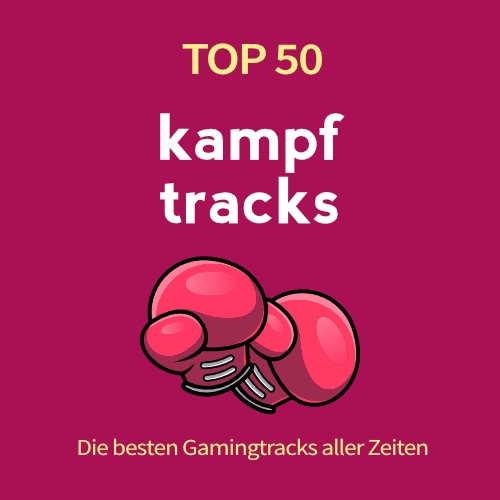
Top 50 fighting tracks
I actually wanted to make my next top something list when I reached my 200th music review. Then I foolishly changed the counting method and instead of 199 reviews I was suddenly back at 170 ... great. Since I don't want to wait that long (and I know my own modus operandi), I'll take the 175th as an excuse. Topic: The 50 best fighting tracks.
Since combat is an essential part of most games - even such supposedly pacifist contemporaries as build-up strategy games - I have therefore imposed a few restrictions on myself:
- Only one track per game franchise. Exceptions are movie franchises such as Star Wars or Star Trek.
- The track must play during a battle. Tracks that play in the background without an 'event trigger' and just happen to accompany skirmishes do not count.
- Background music from cutscenes, no matter how epic, is taboo. What's important here: I haven't played every game - if I've made a mistake in my rating, that's that.
Sounds quite easy, but limits the selection tremendously. It is therefore possible that this list is highly subjective. At this point, I would like to point out that I don't know every piece in the gaming cosmos. The list therefore consists of my personal darlings. So if your favorite is not included or you think that a ranking is absolutely insane, don't be surprised. You are still welcome to let me know. I look forward to tips on what's still missing from the list and where I might have gotten carried away by a wave of nostalgia. But that's enough of the prelude, let's get into the action!
Platz 50–39
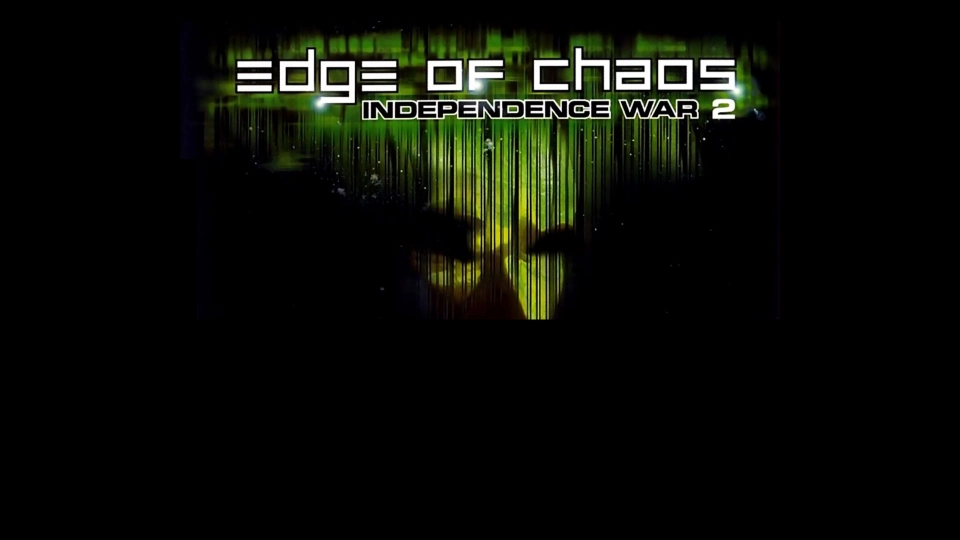
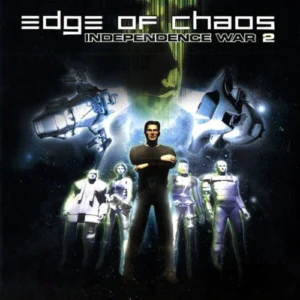
Independece War 2: Edge of Chaos
The track has 'Action' in the title, the game 'War'; this means that A1 Action from the 2001 space simulation Independence War 2: Edge of Chaos at least on paper already has the qualifications for a top list of battle tracks. In my opinion, the frantic techno beats, supported by synths, are a pleasantly low-threshold introduction to this best-of and show that a driving effect can be created with comparatively little effort. Anyone who has tried to keep the enemy fighters at bay with daring flight maneuvers in this game will know the adrenaline rush that hits us when A1 Action is playing. Everyone else may wonder what 50th place is all about ... or simply tap along to the repetitive melody.
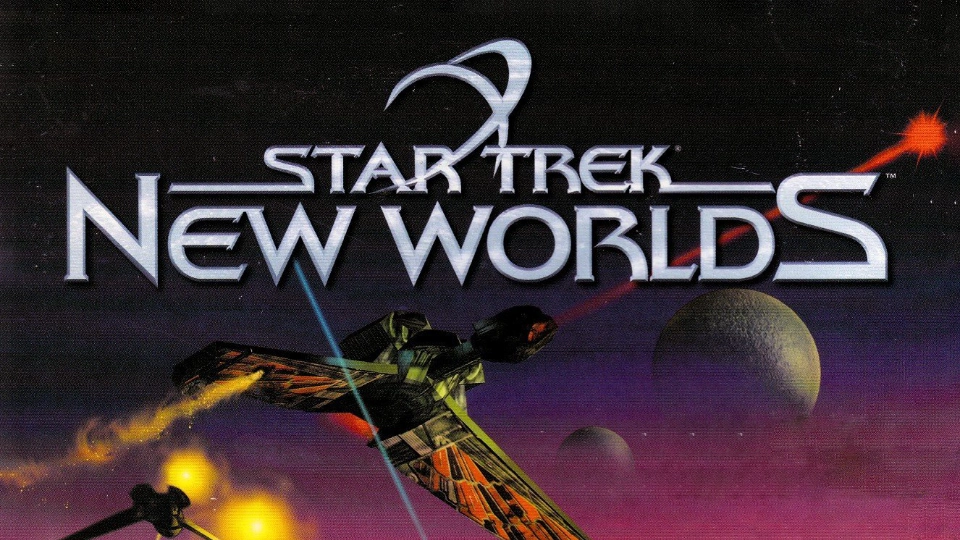
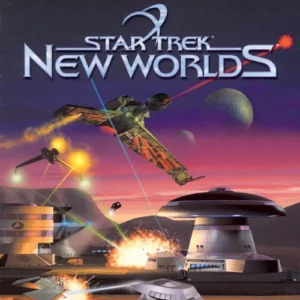
Star Trek: New Worlds
Spherically ominous is how the track opens when we encounter the Hubrin alien race in the 2000 real-time strategy game Star Trek: New Worlds Gloomy and menacing, the song does not bode well as it slowly becomes more dominant. Timpani sound softly and get louder and louder before the orchestra kicks in. The winds and strings harmonize heroically, dramatic and imposingly, giving us a feeling of strangeness, but not enmity. Even though torpedoes are flying around our ears as we play, the music still gives us hope that the conflict will be settled ... in the spirit of Starfleet.
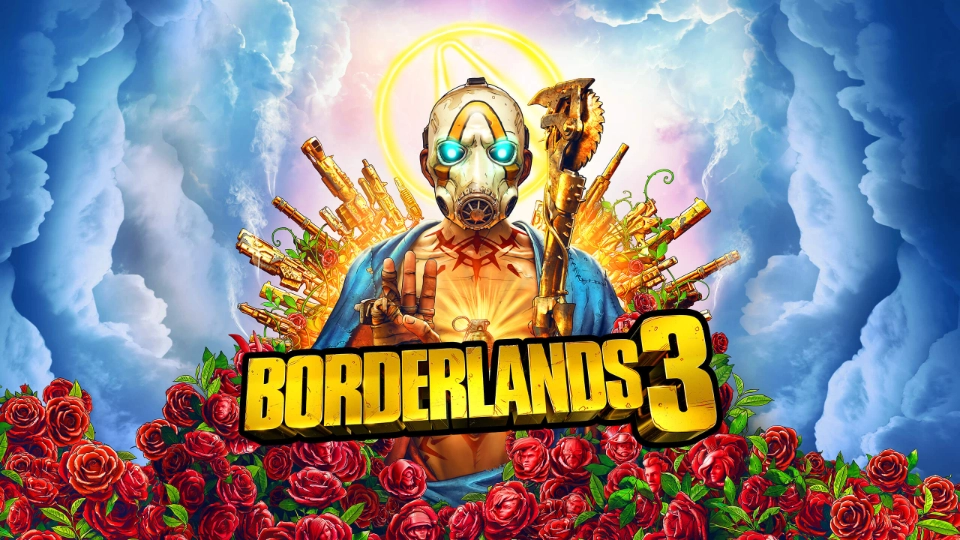
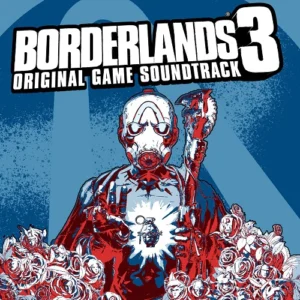
Borderlands 3
Anyone familiar with Borderlands knows what to expect. Part 3 in particular has upped the techno ante and pumps out powerful bass during the boss fight with the eponymous Rampager. It's not a particularly creative work, but something that could be played at an average EDM party. But this arbitrariness is a must in a top list. When it's blasting, it's blasting.
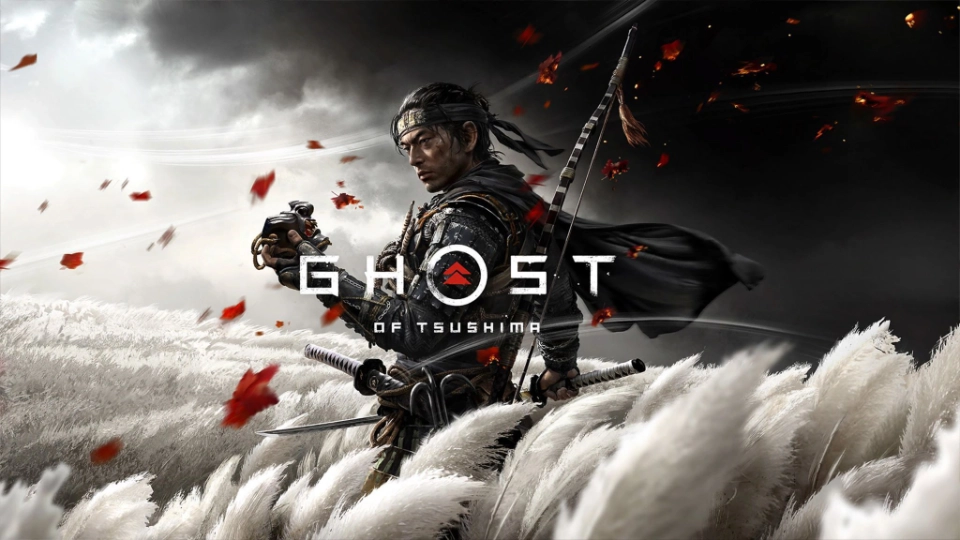
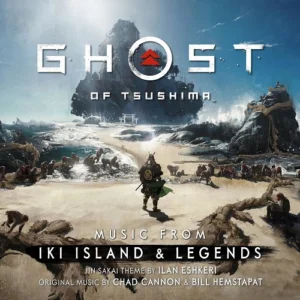
Ghost of Tsushima
Here we have one of the candidates where, due to a lack of gaming experience, I'm not sure whether it's a track from a cutscene or whether we also encounter The Battle for Iki Island in the wild. However, it would be a shame to ignore this European interpretation of Japanese soundscapes. In general, the OST to Ghost of Tsushima is a great piece, but it is above all the interplay between the strings and the powerful drums that inspires me.
A similar approach can also be seen in Shogun 2: Total War, Nioh or Sekiro - one might say. However, Chad Cannon and Bill Hemstapat skillfully blend this Japano-fantasy with the style of a Horizon and tell the story not only of a gripping battle, but also of a feeling.
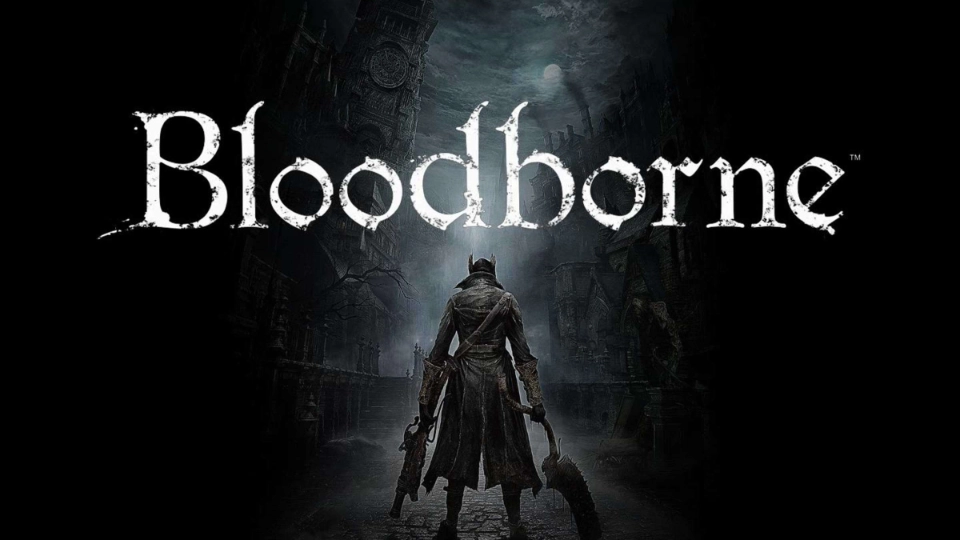

Bloodborne
I'll say it right up front: I haven't played any of the Fromsoft games, haven't cut my teeth dozens of times on any of the countless bosses and consequently don't hold any stock in the great music that goes with them. Additionally, I don't make the typical distinction and count Bloodborne cheeky as shit to the Souls-representatives. Fans of Ornstein & Smough or other Dark Souls-songs will therefore not find another entry in the series in this list - rules are rules.
To this end, I made a real effort to send a viable representative into the race and believe that I have found a good candidate with The Hunter . The track is probably set during the game's first boss fight against Father Gascoigne, but the title refers to the protagonist - and if the track is supposed to be an indicator of our avatar's badassness, it immediately sets the bar pretty high. Everything here screams epic, from the buzzing violins, the chorales or the screeching horns. Something below that would be unworthy of the Souls-series.
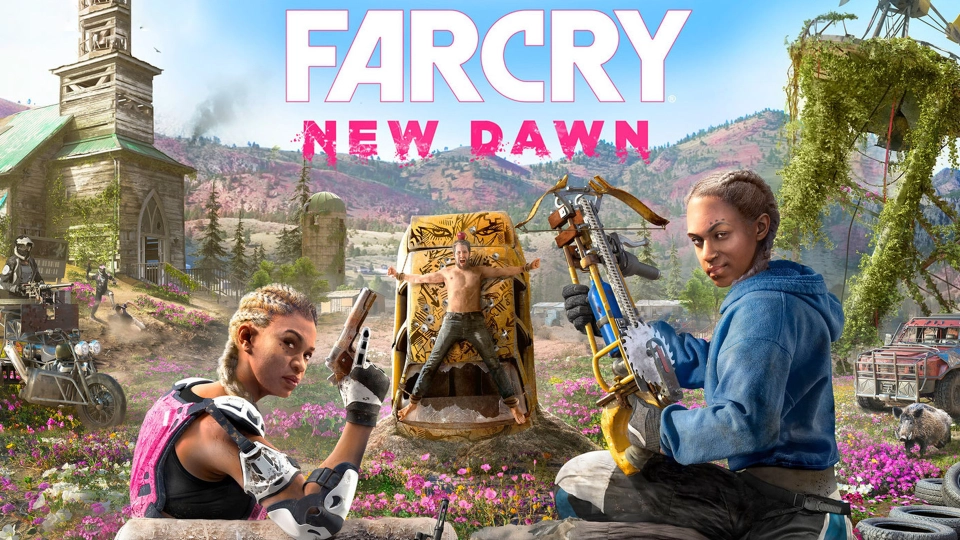
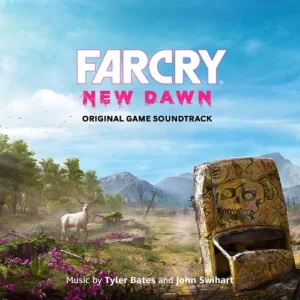
Far Cry New Dawn
The Far Cry-series is not really known for outstanding musical performances in gunfight moments - which is a shame when you consider that the more recent installments in particular are largely composed of exactly that. This statement is not to say that the music is inferior, on the contrary: many of the albums have really beautiful and touching tracks ... just not blatantly cool battle tracks.
Since blunt is sometimes the better choice, Breach is on the same wavelength as The Rampager (Part 1) from Borderlands 3 and goes for techno class instead of creative mass. An electric guitar here, a clap there and a few booming basses for good measure, and you've got a pulse driver that makes the frivolous blasting out the enemies brain's that much more exciting.
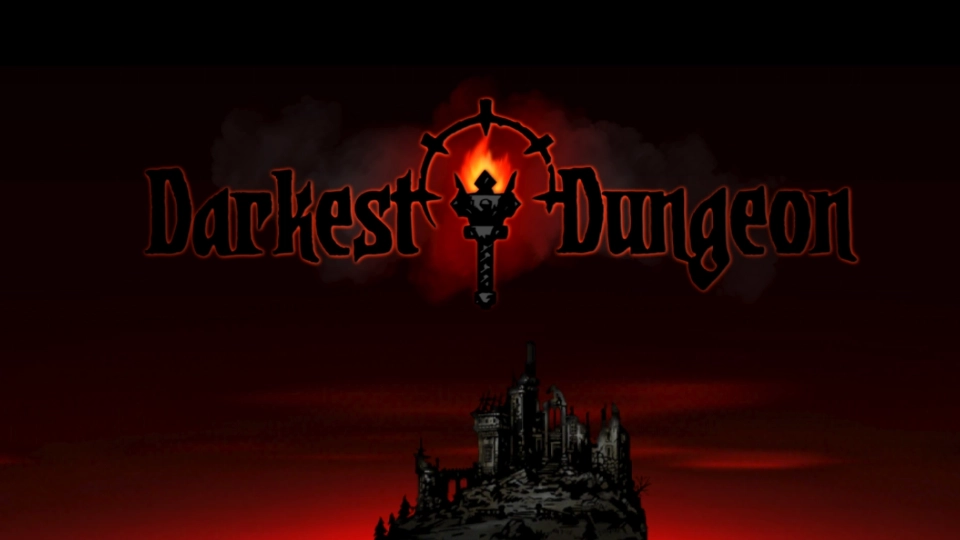
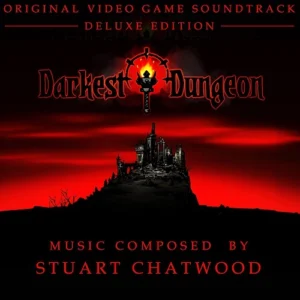
Darkest Dungeon
Mourneweal Encounter illustrates the concept of Darkest Dungeon actually pretty well: every fight is dramatic, every situation potentially deadly. In this battle track, Stuart Chatwood works with shrill violins that emulate the faltering spirits of our squad. This tired 'left-right' shows the attrition of our group, the sapping of strength and the approaching end. We would almost be lulled to sleep if we weren't repeatedly roused from our lethargy by the thundering of the drums.
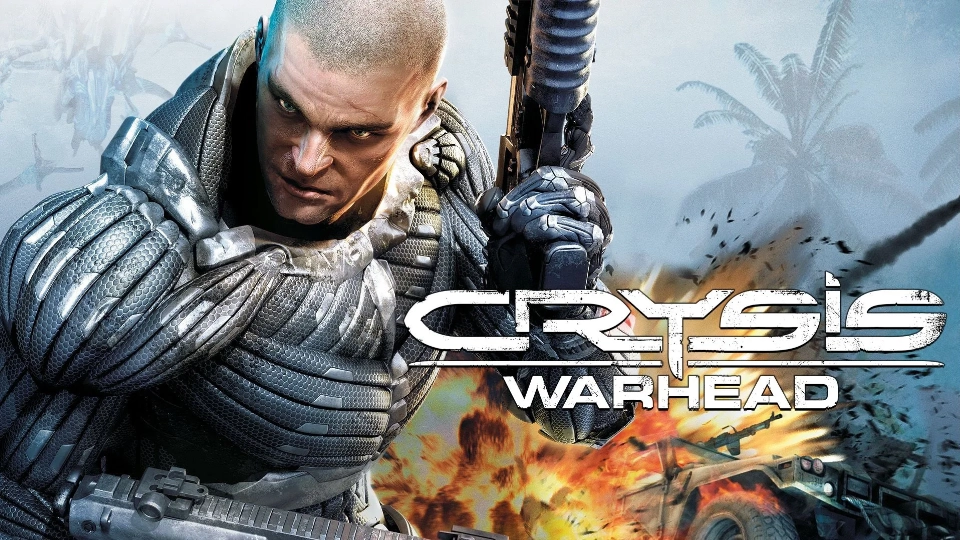

Crysis Warhead
Actually, the soundtrack to the Crysis addon Warhead does much wrong. For one thing, the award-winning composer Inon Zur was swapped for the less successful Péter Antovszki. Secondly, the latter did not build on the experimental style of the main game. But then why is the score to Warhead in 43rd place and not that of Crysis? Because it's still fun, but in a different way.
If you want to understand the schizophrenia better, you are welcome to read the music review of the main game and add-on. Those who prefer to rely on their hearing, on the other hand, should check out this entertaining mass-market action spectacle like CoD with its blaring electric guitar riffs.
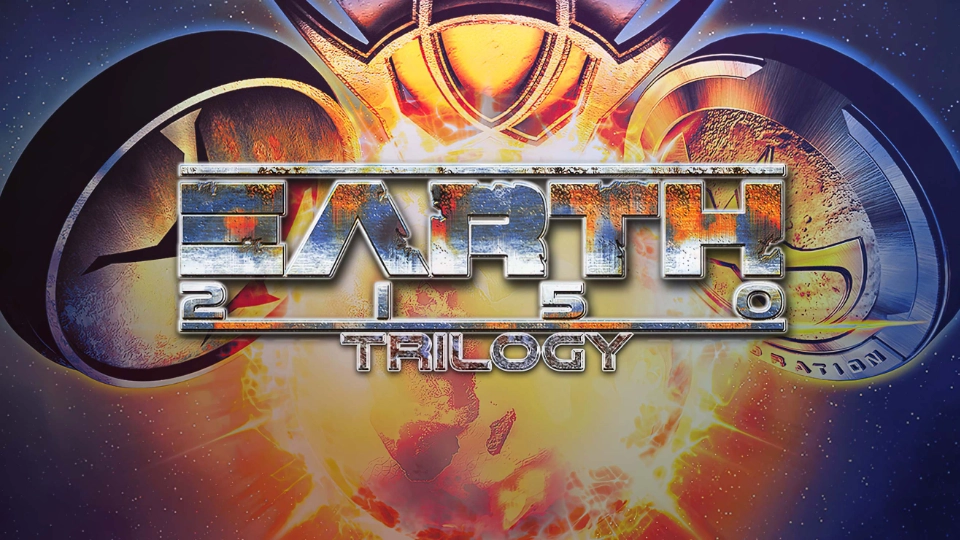
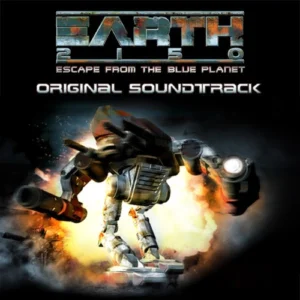
Earth 2150
Less mass market and more galley awaits us in Eurasian Dynasty War 2 from Earth 2150. The dum-dum-dum-dum-dum of the drums starts right away and leaves us with no time to waste. 'All hands to arms!' they seem to proclaim, while the simple melody of the horns seems to call for battle. It's not a great track. It's not a special track. But this simplicity, this no-frills promise of a fight shows in a frighteningly impressive way how easily man's baser instincts can be aroused.
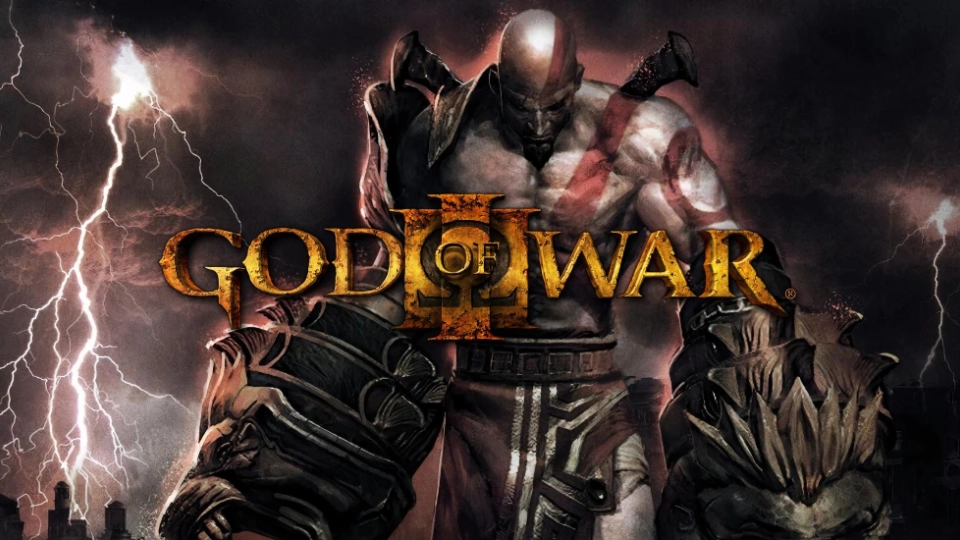
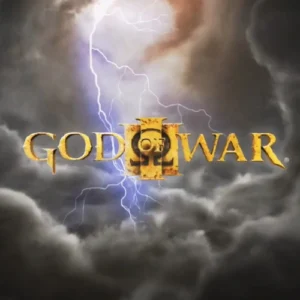
God of War III
That for the God of War-series one of the numerous boss fights had to be included in this list was as clear as the bloodbath in the pantheon. And what could be better than the fateful battle against the father of the gods, Zeus, in Brothers of Blood? This brute hopelessness, the determination of the vengeful spirit Kratos and the interaction between choir and wind instruments come together in this beautiful ode to the lust for murder.
Somit haben wir die ersten zehn Plätze benannt, only 40 to go – dranbleiben lohnt sich!
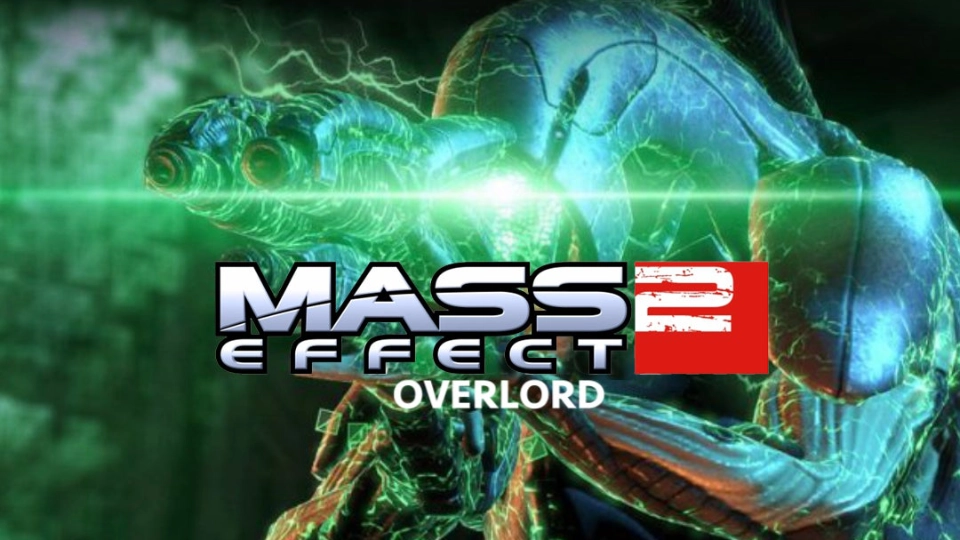
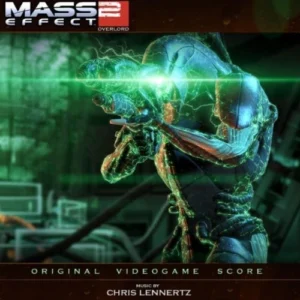
Mass Effect 2: Overlord
There are many iconic fighting tracks that we've seen throughout the hundreds and hundreds of hours of Bioware's sci-fi masterclass Mass Effect . So it's all the more surprising that a relatively short section from a DLC of all things has made it onto this list. But I personally just like the driving force in Combat Troops from the Mass Effect 2-addon Overlord. In contrast to Eurasian Dynasty War 2 from Earth 2150, the composition by Chris Lennertz dares to 'escape' the monotony.
Although we also hear the rhythmic drums at the beginning, we soon break out of the perpetual equilibrium. A brass section soars upwards, flies over the events on the ground and promises a way out, but is repeatedly caught and dragged back into the depths. Despite its uniformity, the track is exciting, entices us with its attempts to break out and then disappoints us again ... but we can't be mad about that.
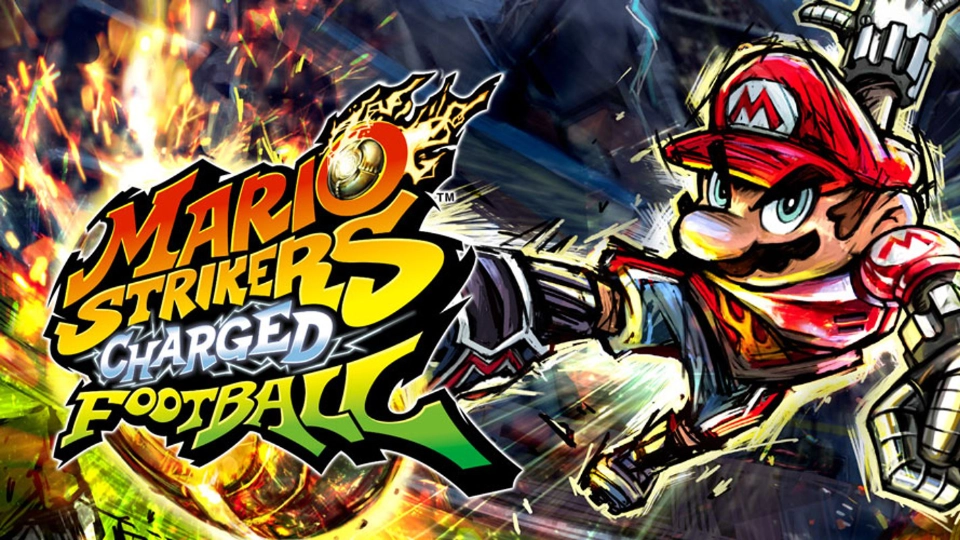
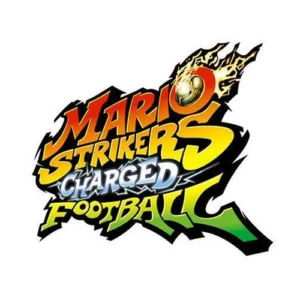
Mario Strikers: Charged Football
What can I say? It's a Nintendo game, it's a Mario game, it's actually a soccer game: Mario Strikers: Charged Football for the Wii. Can a song from such an album even qualify as a fighting track? Anyone who has ever played a round against a friend of mine who was as good at the game as he was bad at losing will undoubtedly answer this question with "Yes!" This game has shattered fun evenings like controllers (cheers to the Wii-Mote's hand strap), and rarely has the air been so tense than when the tie comes and the electric guitars start the sudden death, signaling to everyone: It's on!
Platz 38–27
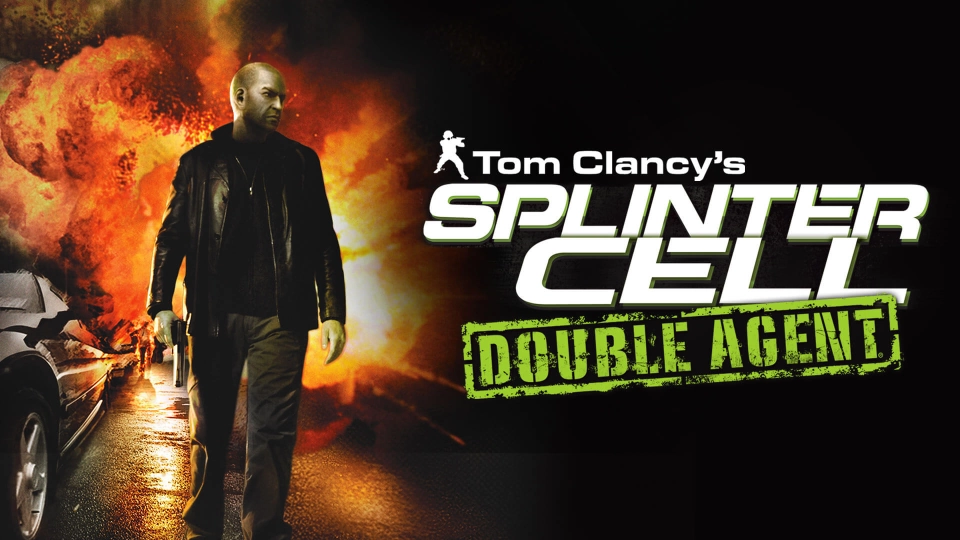
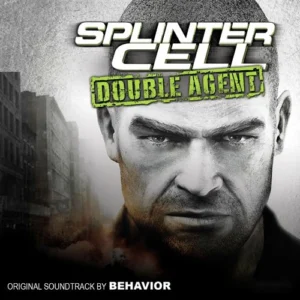
Splinter Cell: Double Agent
Double Agent wasn't a good game - at least that's my vague memory of the 2006 title. The fact that my memories are vague, however, reinforces this assumption. Meanwhile, musician Michael McCann, who made his video game debut under the alias Behavior, had no big shoes to fill, as the brand had changed composers with each new iteration.
With the catchily titled Iceland Fight Theme [Xbox 360 Version] , McCann was able to prove that he could, in fact, create something noteworthy: The track is a firework of guitars and could also serve as an instrumental intro for a beautiful punk ballad by Sum41 or similar artists. The track is extremely simplistic in structure, with a downtempo bridge to take a breather, while mixing rock with strings. This combo infuses secret agent Sam Fisher's appearance in arctic climates with both action and coolness and simply makes you want to sit back and enjoy.
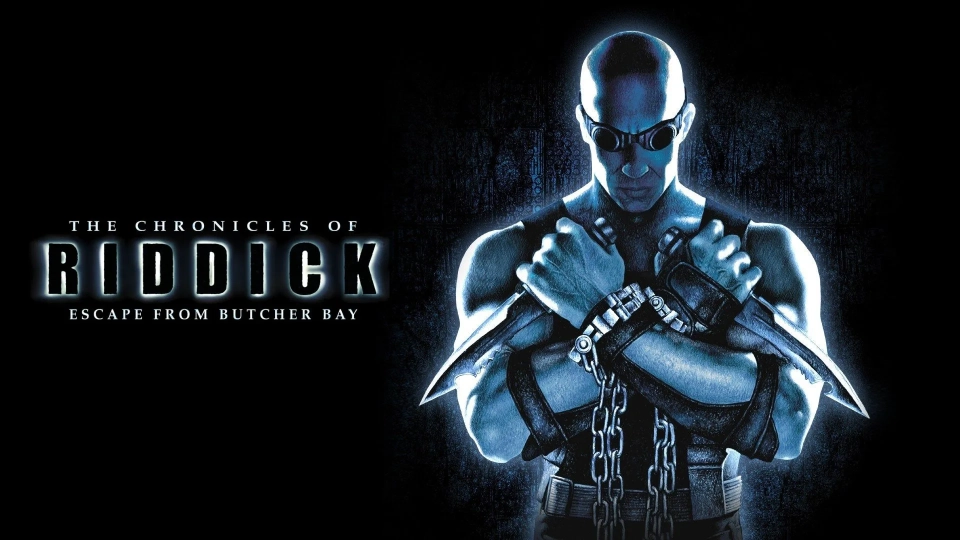
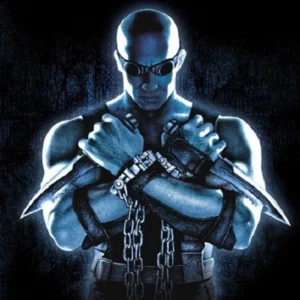
The Chronicles of Riddick: Escape from Butcher Bay
I already mentioned Gustaf Grefberg's work in my review of Enclave for its remarkable irrelevance. What sounds like criticism is, however, a cleverly packaged compliment on my part: anyone who makes it onto a top list with triviality must be doing something right. Because with Prison Break (Action) Grefberg follows in the intellectual footsteps of the Xbox title released two years earlier and mixes, not dissimilar to a Warhead , dominant strings with fast percussion. The result chases us through the corridors of Butcher Bay prison and oscillates somewhere between breakneck escape and adrenaline-fueled vendetta.
It's this early attempt in 2004 to force epicness through sheer bombast that somehow clicks for me. Like that 100th pop song that sounds exactly like all 99 before it and yet is so catchy that you actually enjoy them. Or - and this is more likely - is it simply the neuralgic, nostalgic glorification that I bring to the table as a fan of the game?
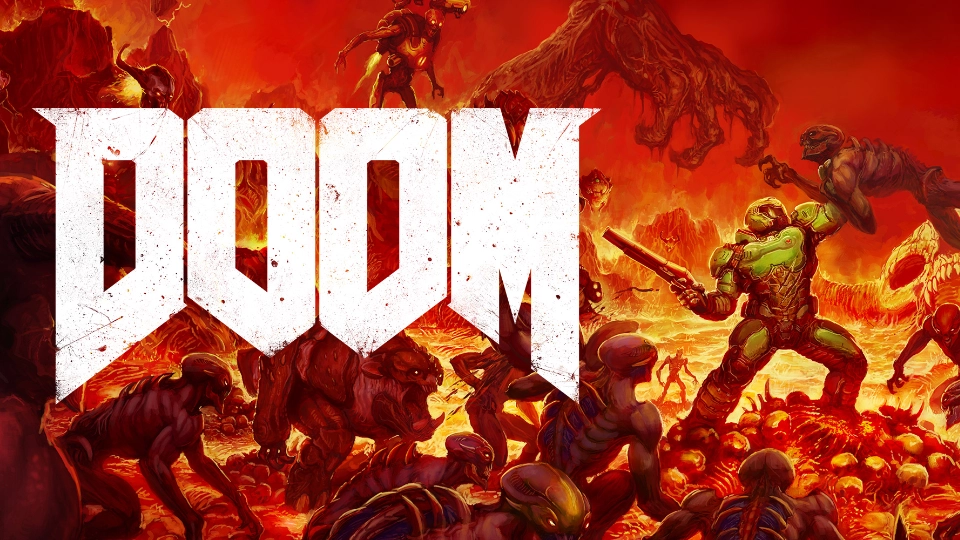
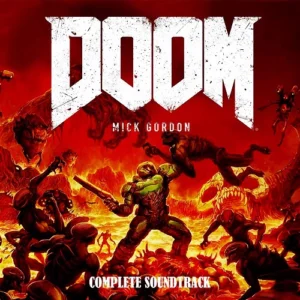
Doom
This could have been pretty much any track that Mick Gordon had written for DOOM- or alternatively the Wolfenstein-series. My choice fell on Death & Destruction . Cause electric guitar and beats. And headbanging. And cool.
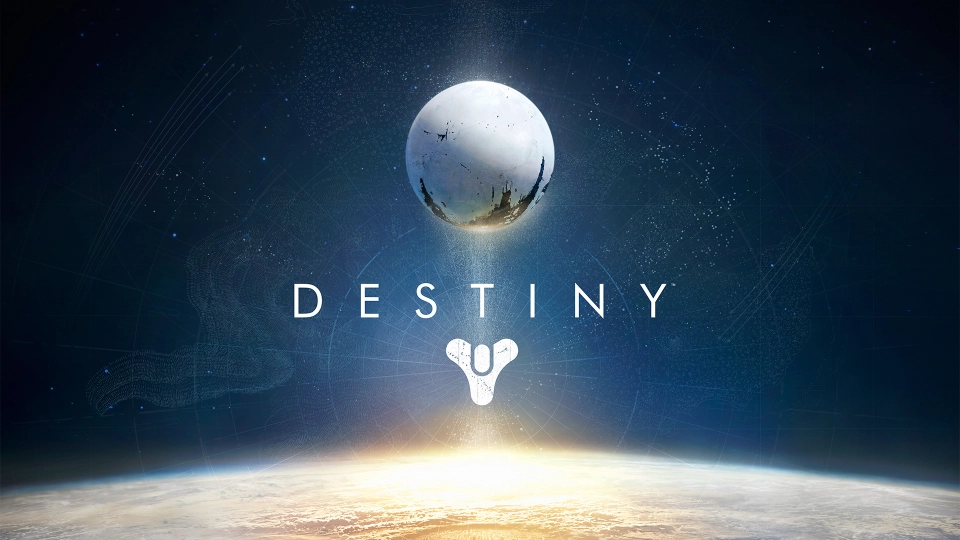
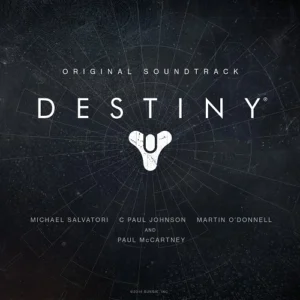
Destiny
A stark contrast that The Last Array sets after the butcher's orgy DOOM. Well, in Bungie's sci-fi loot shooter from 2014, we also shoot up heaps of enemies, but with significantly less blood and guts. Instead, the music suggests a certain sublimity, as if it all had its place.
In contrast to Halo the focus is not on the gravitas of our deeds, but rather their legitimacy. Especially the break, which repeatedly interrupts our triumphant march and is reminiscent of the more scenic pieces of a Call of Duty-score, is what I enjoy here the most. Star Trek meets Starship Troopers, drama meets dropkick.
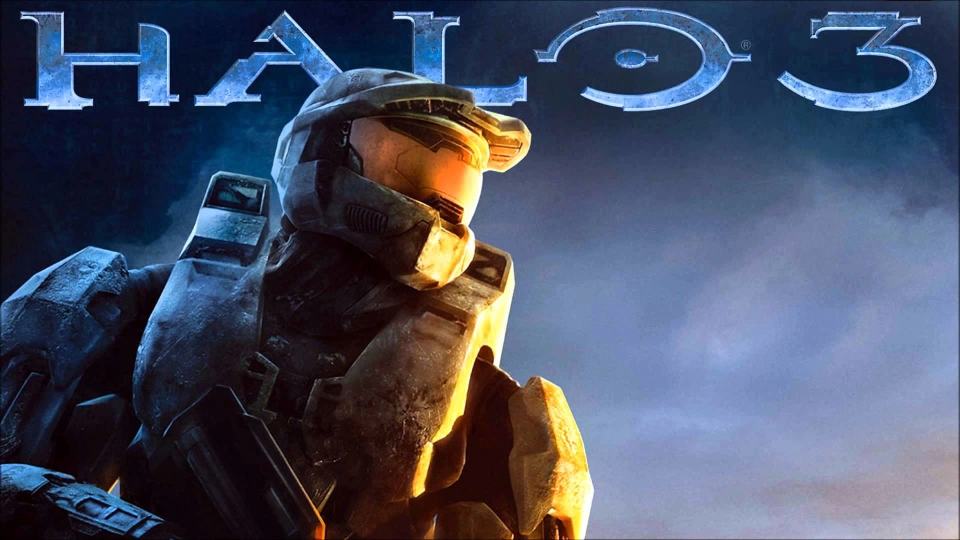
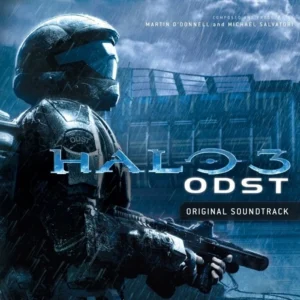
Halo 3
Did I just say Halo and it's not on this list yet? Shame! Well, let's make up for it straight away. With The Covenant: One Final Effort we meet another one of those candidates that probably drift more towards being a cutscene - but what can I do? It just sounds too good: the opening with the Halo-theme played on the piano, the soft beating of a drum in the background.
Then the canter begins, the onslaught of piano, percussion and strings. It is Wagner's Ride of the Valkyries in Space, it is video game classic and for anyone who has ever played anything with Halo a rallying cry ('battle cry' somehow doesn't fit here ... sorry!). Had to be on this list and definitely needs to be heard!
Did I just say Halo and it's not on this list yet? Shame! Well, let's make up for it straight away. With The Covenant: One Final Effort we meet another one of those candidates that probably drift more towards being a cutscene - but what can I do? It just sounds too good: the opening with the Halo-theme played on the piano, the soft beating of a drum in the background.
Then the canter begins, the onslaught of piano, percussion and strings. It is Wagner's Ride of the Valkyries in Space, it is video game classic and for anyone who has ever played anything with Halo a rallying cry ('battle cry' somehow doesn't fit here ... sorry!). Had to be on this list and definitely needs to be heard!
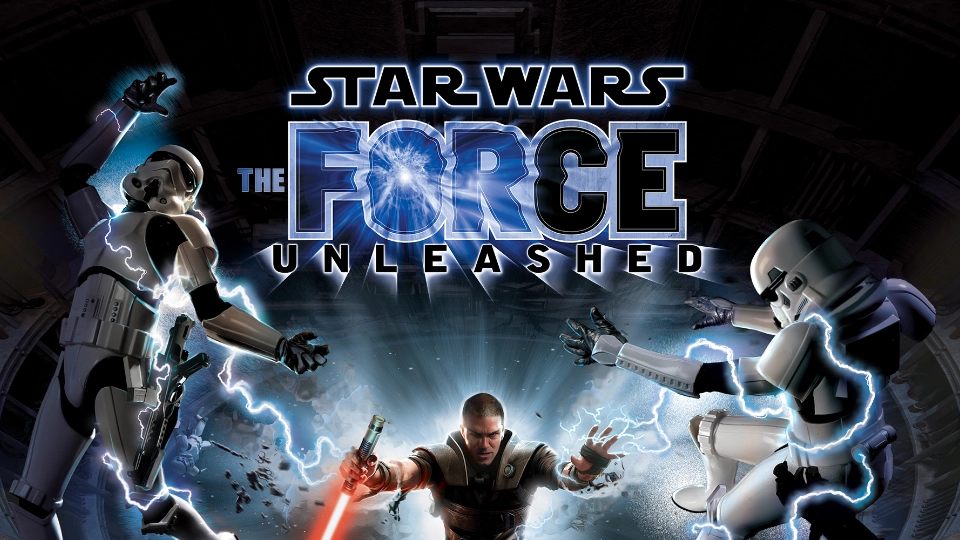
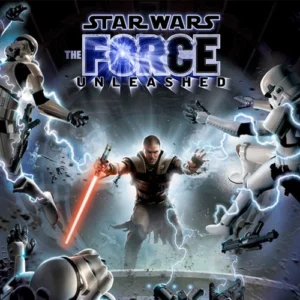
Star Wars: The Forces Unleashed
Yes, I admit it: now that we've moved further and further away from uniformity and 'one-size-fits-all', I'm taking another step back with General Kota / The Control Room Duel . But I'm happy to do so, because Mark Griskey has emulated John Williams Star Wars so beautifully, I can't help but to adore it. Because I already wrote something about this piece in my top 10 of the best Star Wars scores , I will quote myself briefly here:
General Kota / The Control Room Duel is the one track that stands out for me from The Force Unleashed-series because it perfectly captures the quintessence of Williams' composition and fuses it into a best-of. This deliberate, uneasy, but then again brute and dominant song. Triumph and despair are so close together here, this waltz-like march, the back and forth. [...] Griskey knows how to pay the brand Star Wars respect without having to give up his own touch.
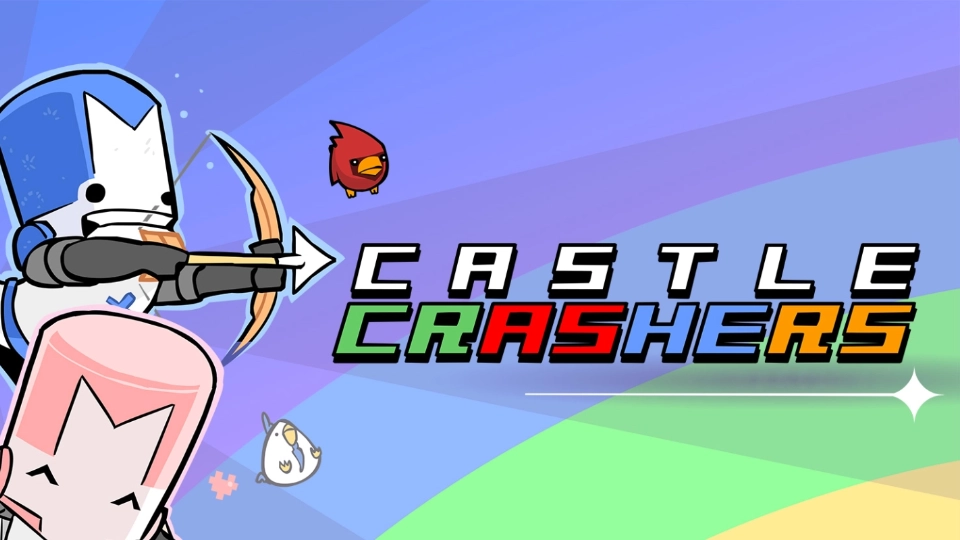
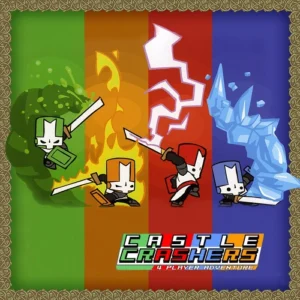
Castle Crashers
With Dark Skies there is no danger of me repeating myself, as I wrote nothing about it in the accompanying review for Castle Crashers . All the better to make up for it here. Actually, there could have been various other representatives from this team beat-'em-up in here. So why Dark Skies? Well ... because it's cool.
I like the high tempo. I like the ominous, threatening sound of the wind instruments. The melody of the church bell. I like the percussion accompaniment and this theatrical singing of the choir, which reminds me of the above-mentioned Enclave . It's simple, but at the same time varied enough not to bore. And just when you think "there's nothing new", something unexpected happens.
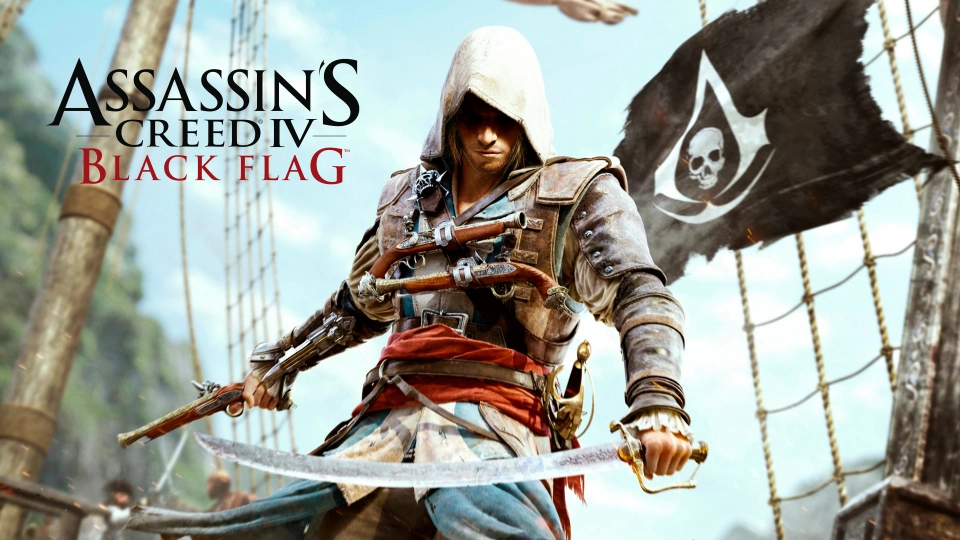
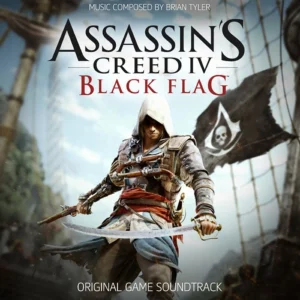
Assassin's Creed IV: Black Flag
One of the hardest decisions in this list was actually the question as to which piece of the Assassin’s Creed-series to pick. Each game has its own musical highlights and quite a few of them are fighting tracks. In the end, the winner was Under the Black Flag from Assassin’s Creed IV.
The track contains everything that makes the music of this album special: We have the tension that slowly builds up, as if our ship, the Jackdaw, is just peeling out of the Caribbean haze. We have the Assassin’s Creed-typical sustained strings that carefully explore a melody. We have the action, the musical thrill. And then we have the spirit of adventure, that to me makes Black Flag unique in the series.
Hardly any other protagonist in the series was as carefree as Edward Kenway, rarely did the fighting tracks resonate with such a lust for life like in this score - being a pirate has its advantages. Even if I love all the other scores in the series at least as much as this one Black Flag has an inherent facet that is missing in the comparatively sombre cousins of the series. That's why it takes 31st place in this list!
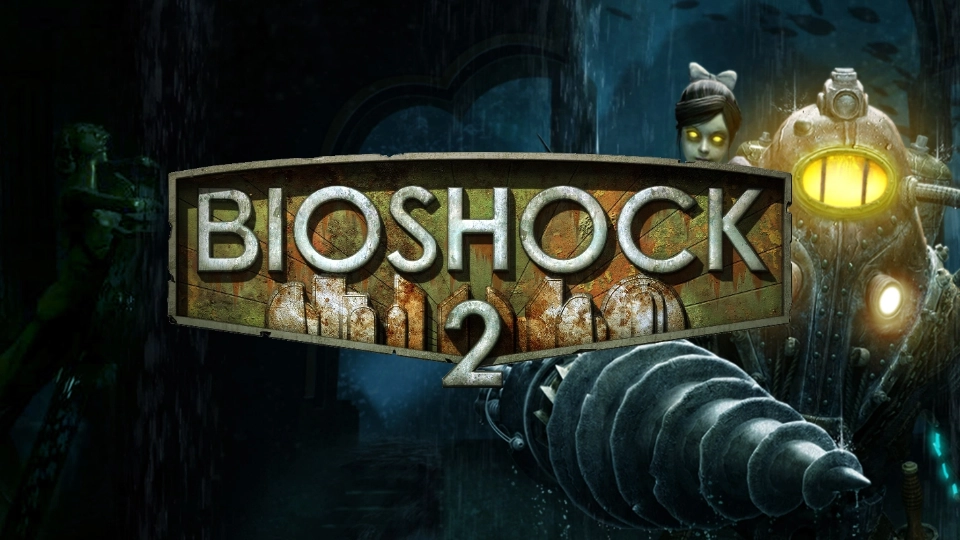
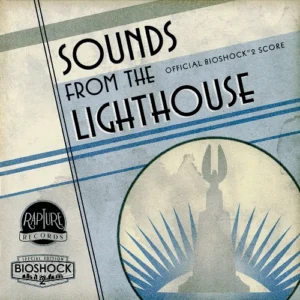
BioShock 2
When in the second BioShock we find ourselves in the skin of a Big Daddy, the deep-diving corridor wanderer accompanied by little girls, we briefly feel invincible. It's not by chance that they were one of the toughest enemies in the previous game. However, we are quickly dragged back down to the bottom of the sea when the agile and no less deadly female counterpart, the Big Sister, attacks us for the first time.
Unusually nimble and equipped with sickle weapons, this mutated creature attacks us again and again, while we can only defend ourselves sluggishly and ponderously. This ballet of death is accompanied by Big Sister on the Move, in which Garry Schyman effortlessly and seamlessly continues the class of his work from BioShock .
While the drums sound menacingly, violins shriek at us. Cascading strings create a soundscape that resembles the scratching of fingernails across a blackboard and makes the hairs on the back of our necks shoot skywards - wonderfully frightening! It is an unequal battle that teaches us the meaning of fear and orchestrates it to musical perfection.
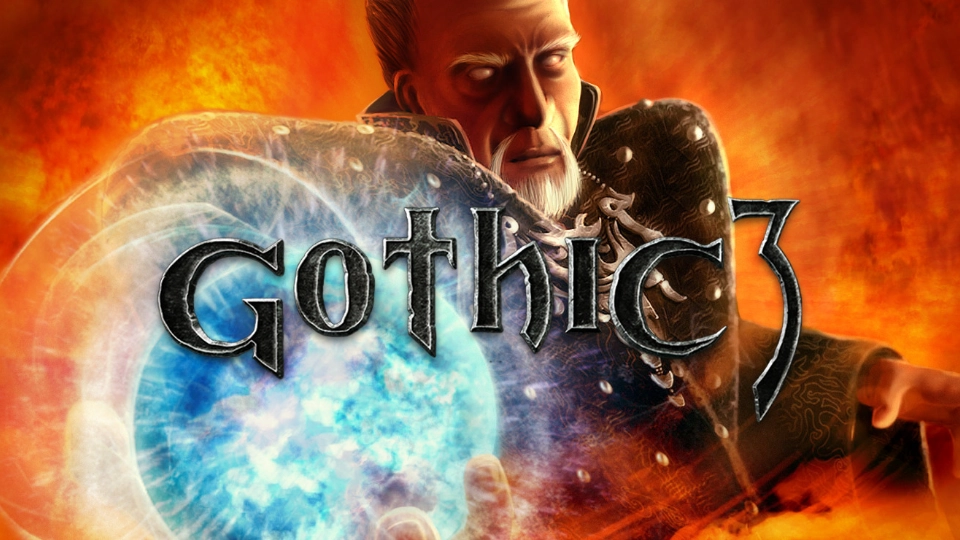
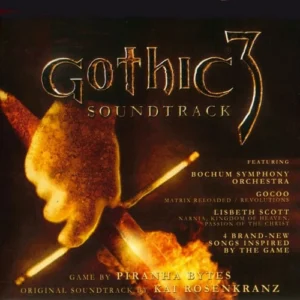
Gothic 3
As I recently learned while watching a speedrun of Gothic 3 there was apparently a bug that caused Revolution to be played almost exclusively when the action was in full swing. Shocking, I know, to hear that there were bugs in the 2006 title from German studio Piranha Bytes. Which sounds like a bummer at first - after all we got to enjoy the other tracks a lot less because of that - was one of the easiest programming errors to forgive in my opinion.
Kai Rosenkranz's fantasy epic hits this point precisely, which, on the one hand, spurs us on to brave heroic deeds, but also makes it crystal clear to us that the confrontation could very well be our demise - which was not unlikely due to the combat system. The bug described above was also the reason why even fights against woodlice became heroic battles. Of course, nostalgia plays a big part here and there are certainly better games, but for me Revolution is also a bit of history and deserves a place on this list.
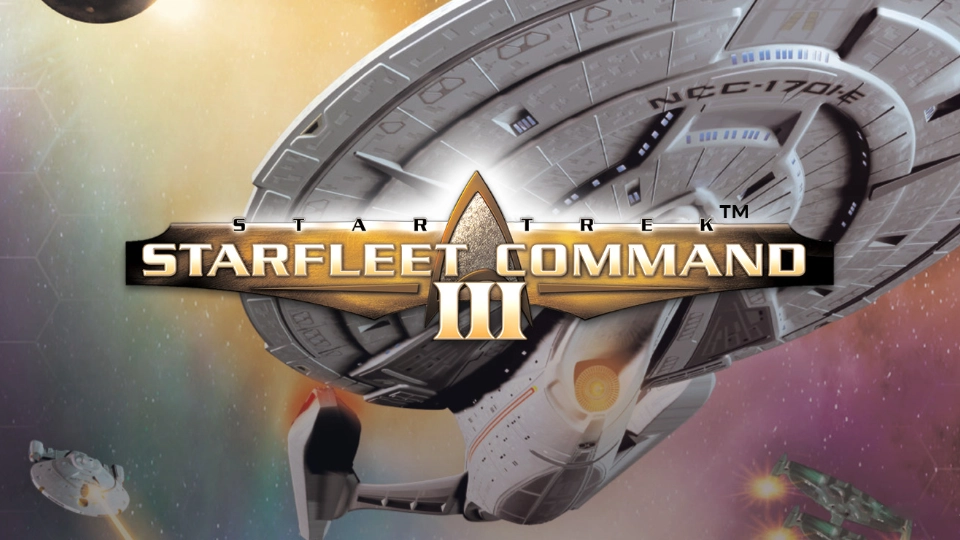
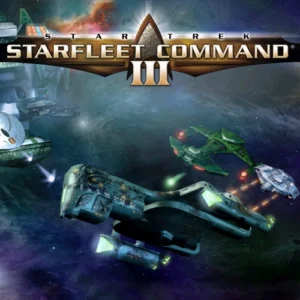
Star Trek: Starfleet Command III
Nostalgia is a great starting point for entry 28 on this list. Like number 27, it comes from the same franchise, or to be more precise Star Trek. In Starfleet Command III , unlike its predecessor, we were able to command various ships from the Trekkie cosmos in the time of Picard and co. This was also true for me, until at some point the DVD unfortunately broke and I could only wistfully think back to this gem.
Not only was the setting great and the battles fairly challenging in terms of tactics, but I was also taken with the music. As a fan of movie scores, you couldn't expect anything comparable on the PC, of course, but composer Danny Pelfrey delivered some really catchy pieces, including Klingon Battle.
The track plays (unsurprisingly) when we go into battle with the warrior nation. The drums sound like a military band, fanfares announce our arrival. What I find rather appealing in contrast to the themes of the other factions is the simplicity of Klingon Battle ... fine, it only lasts a minute, but so what?
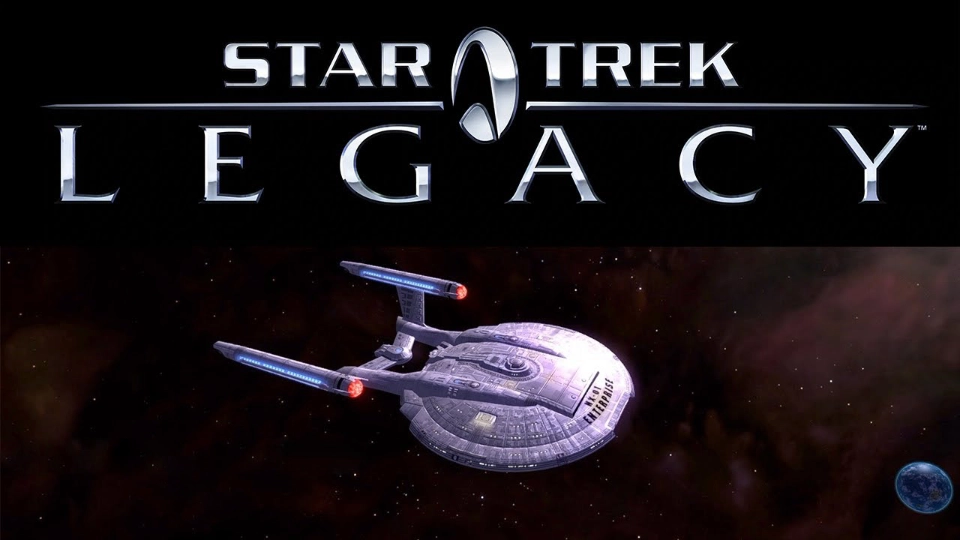
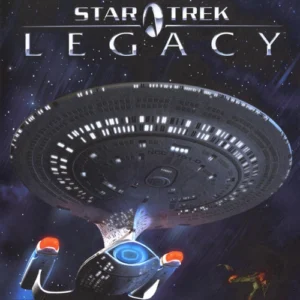
Star Trek: Legacy
What begins cautiously at first escalates into a musical thriller in just a few seconds. Assimilation Waltz, which is also circulating on the Internet under the title Klingon Battle Slow is something that could also be heard in a Predator-movie adaptation. Compared to Klingon Battle from Starfleet Command III this piece is more sophisticated, more precise.
The instruments are perfectly meshed, the melodies, that chase-like quality that brings back memories of the underwater dogfights from Aquanox (and let's be honest, space battles are nothing else), is exactly to my taste. Well, the accompanying game was garbage and rightly slammed by critics and Star Trek-fans, but at least the music was convincing (to me at the very least).
Platz 26–15
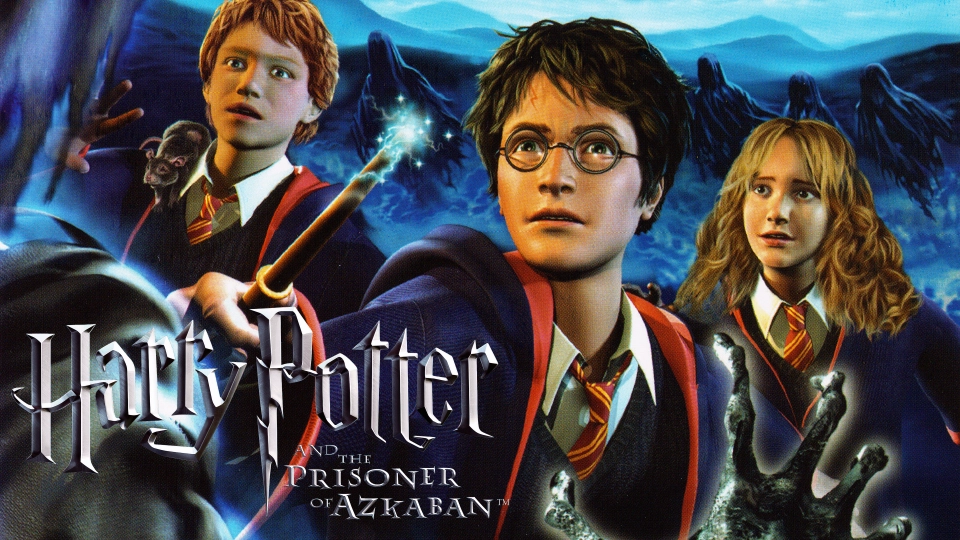
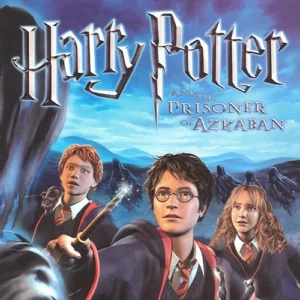
Harry Potter and the Prisoner of Azkaban
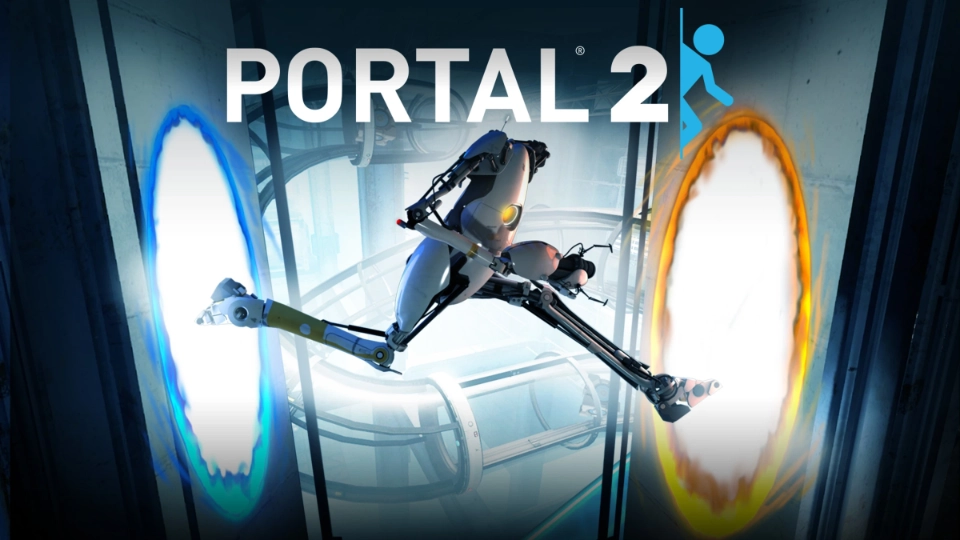
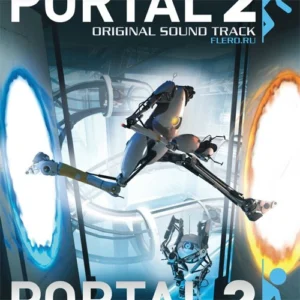
Portal 2
While we already talked about an uneven fight in BioShock 2 , the balance of power again shifts in Portal 2 tially to our disadvantage. Armed only with a portal gun, we have to face a whole array of nasty traps and polite and trigger-happy turrets. The Part Where He Kills You, which doesn't bode well in terms of its title, is therefore not a battle track per se, but rather a kind of survival track.
Mike Morasky manages to enrich the sterile sci-fi atmosphere of dark synths and alarming bass with classical brass and strings. When the beats kick in and things pick up speed, we can literally see the bullets whizzing around our heads as we try to escape the machinery of death. This feeling of rising panic and hopelessness - fantastic.
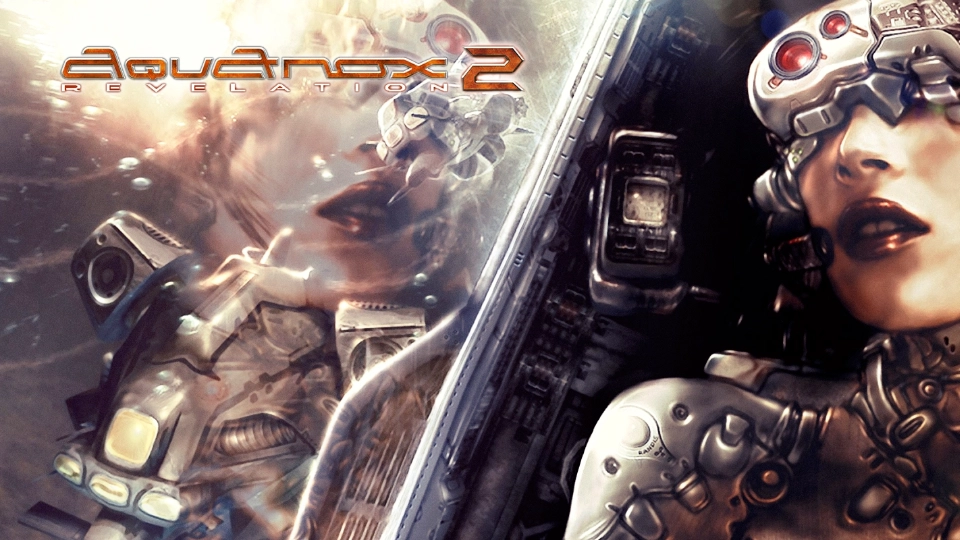

Aquanox 2
I already mentioned it in Star Trek: Legacy angesprochen: Aquanox 2. Zum Spiel will ich gar nicht viel sagen, das Setting sollte klar sein. Es geht in die Tiefen des Meeres, in denen wir uns mit anderen U-Boot-Kapitänen und -Kapitäninnen glühendes Blei um die Kiele ballern. Untermalt wird das Ganze von einem atmosphärischen Schwergewicht, das der deutsche Komponist Kai Walter erdacht hat. Absoluter Stimmungsbringer ist dabei der Fight-Track Order. Dazu zitiere ich gerne aus meiner Review:
The rhythmic pounding of the beats, the ominous humming that is disrupted by strings, only to resume brute force like an unyielding polar icebreaker, the track goes on and on, on and on. Something about it feels right to me [...]. Menacing, dark and unyielding - I like it.
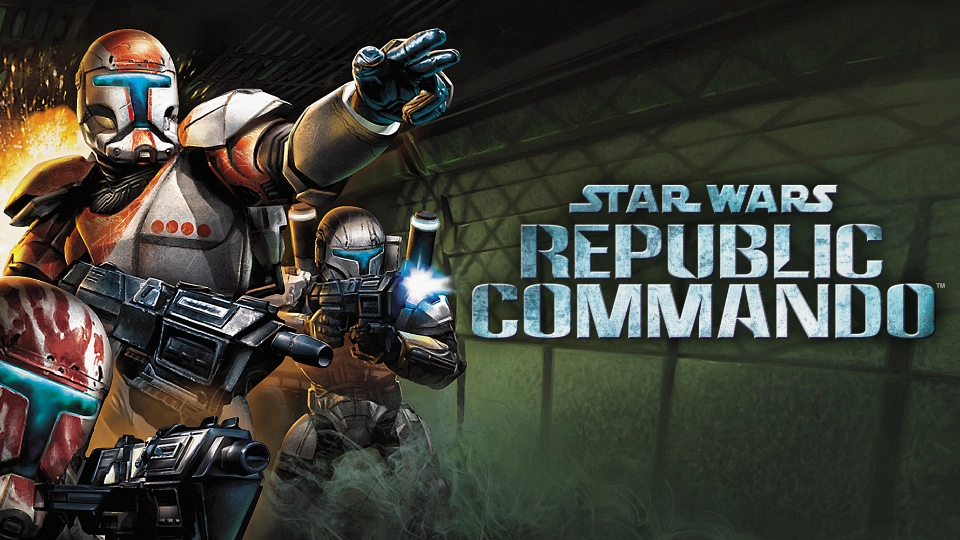
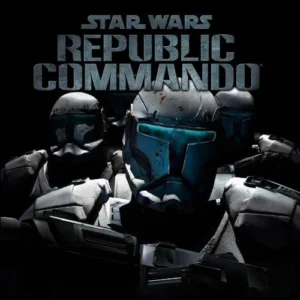
Star Wars: Republic Commando
Star Wars already appeared at number 33, the following entry is ten places further down: Republic Commando. If you've never played the combination of shooting action and squad tactics, don't worry: Gra’tua Cuun (Our Vengeance) works great even without nostalgia goggles. Like an ode to the warrior, the track is driving, even inspiring. It shows our squad as an efficient death machine of genetically optimized space troopers, tearing down everything in their path as they head into battle.
The archaic sounds emphasize our irrepressible will, the vocals the bond of the trenches. After the main theme Vode An (Brothers All) , Gra’tua Cuun (Our Vengeance) is both promise and redemption, salvation and damnation. We must fight, the song seems to insist. And we will win. Along side our brothers and for our brothers.
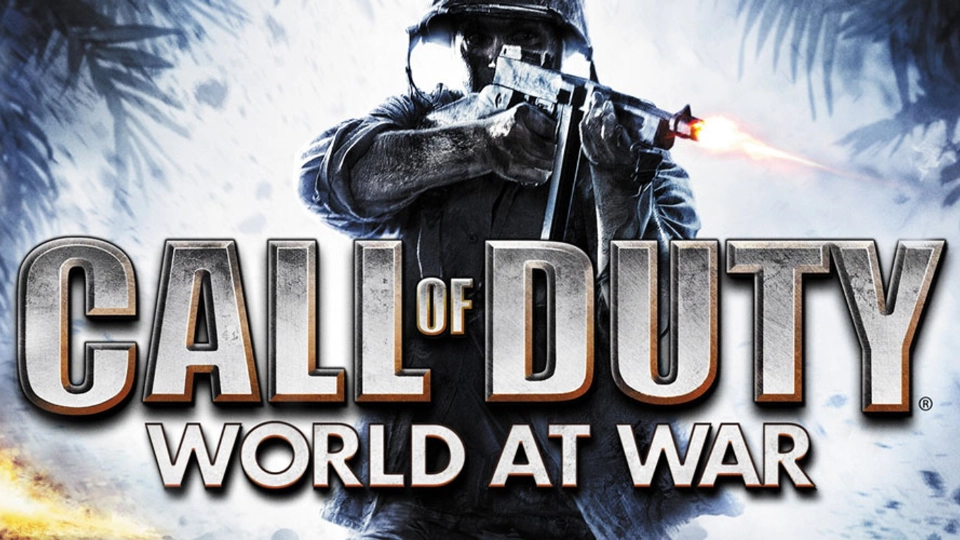
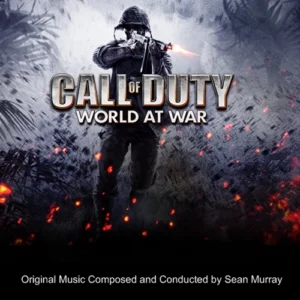
Call of Duty: Worlds at War
If we shift this event into a historical context, we end up with Final Push from Call of Duty: World at War at the end of the Second World War and in the triumph of the Soviet Union. Even though I am currently reluctant to praise any form of (especially Russian) patriotic exaltation in the face of the Ukrainian war, this piece, composed 15 years ago by Sean Murray, is simply fantastic. The music proclaims our glorious victory - or its imminent arrival.
In contrast to Gra’tua Kuun (Our Vengeance), this piece contains no doubts. The possibility of defeat is disregarded, or at least barely concidered. No, victory is inevitable, unavoidable. The only way is forward, the storm is irresistible. In this respect, Final Push is less a battle track than a consequence. Because a fight requires that someone fights back.
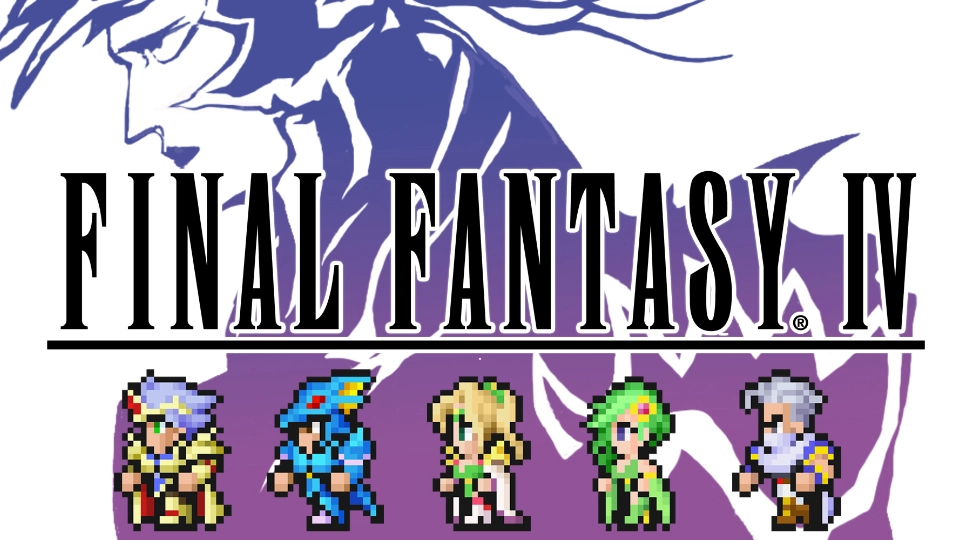
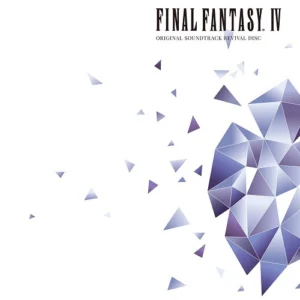
Final Fantasy IV
If this article were an auditory medium, the familiar scratch sound of a record would probably be heard here, which usually introduces a blatant thematic leap. And that's exactly what we're doing now, with Battle 1 from Final Fantasy IV. This is where I know that tens of thousands of people would raise their voices in anger, accuse me of being an idiot and complain that I should have instead included Battle Theme from Final Fantasy VII . Alternatively One-Winged-Angel. Or X from FF Y. It's a good thing I don't have tens of thousands of readers. Consequently, I don't have to defend my pick too much, but simply justify my choice by saying that I like this piece more. It's less dramatic, less hostile. Almost relaxing ... and at the same time driving and motivating. Come at me!
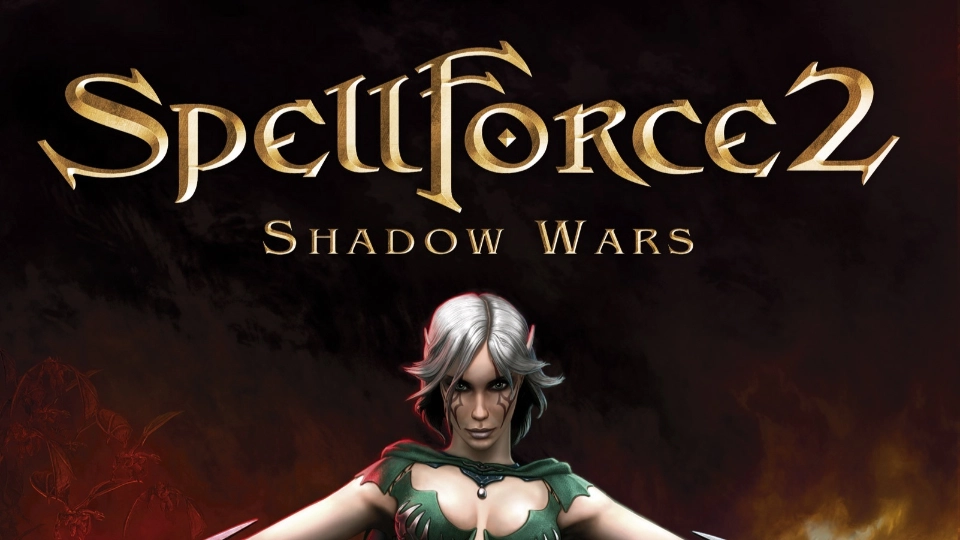
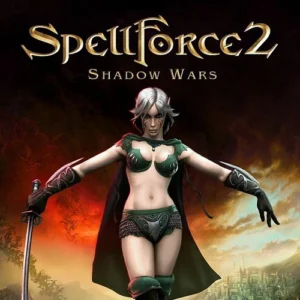
SpellForce 2: Shadow Wars
A truly brilliant game, which on the one hand hardly received the recognition it deserved and at the same time was given an outstanding OST by Dynamedion, which probably only fans know: SpellForce 2: Shadow Wars. A feast for fantasy fetishists and those who wish to join them, the score offered exactly the right mix of cheese and art that makes it one of the best in the genre for me.
So 20th place for The Realm, a piece that tells of the epic battle between two powers in the finest tradition of adventure. Where the German composers in other games such as the Anno-series still had to work with the reality handbrake on, they were able to work with SpellForce completely uncontrolled, unleashing their full potential. This results in the heavenly fanfares, the thunderous choir, the interplay of flutes, strings and percussion. A brief interlude, resembling a clash between heaven and hell. Terribly beautiful.
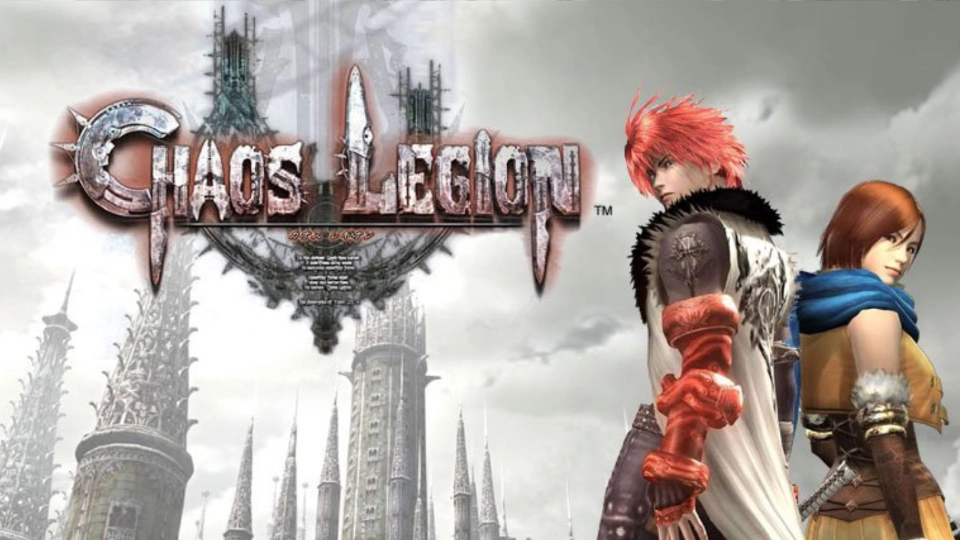

Chaos Legion
Dumbness prevails. Hideyuki Fukasawa probably thought so too and presents us for the game of mass chopping called Chaos Legion a hefty load of hard rock. In combination with the simple melody and techno influences, Pledge sends adrenaline rushing through our ears and bodies. It's clear here that we're in for a pounding and we're the ones doing the pounding. Uncompromising and chaotic, just like the game.
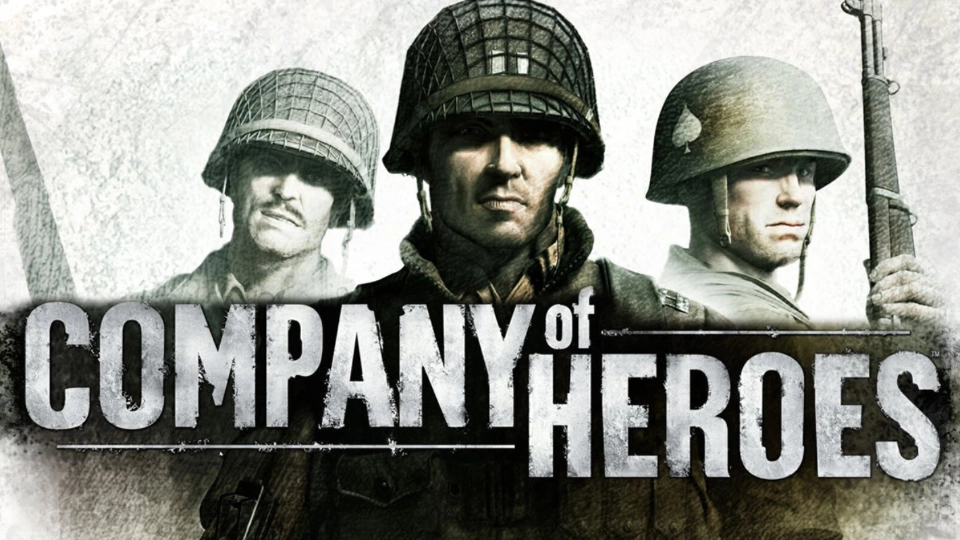
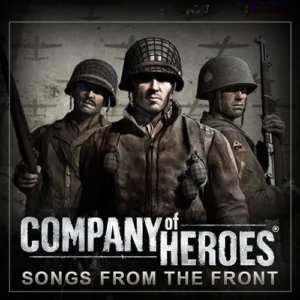
Company of Heroes
Could not be missing and is therefore it doesn't: Company of Heroes. Earlier we were at Call of Duty lying down in the trenches, now we are soaring above them. On Guard for Liberty knows how to make a conflict tangible in a compelling way. With its high tempo, it takes the realities of the battlefield into account; its heroic sounds are both promising and deceptive. Victory may seem within reach, but the battle is not yet won.
These doubts are swept away by patriotic sounds; the only way seems to be the enemy's defeat. The instruments themselves fight amongst themselves for supremacy. Sometimes winds, sometimes strings, everyone tries to rush ahead before finally advancing together at the end. Thrilling and absolutely over the top - I'm loving it.
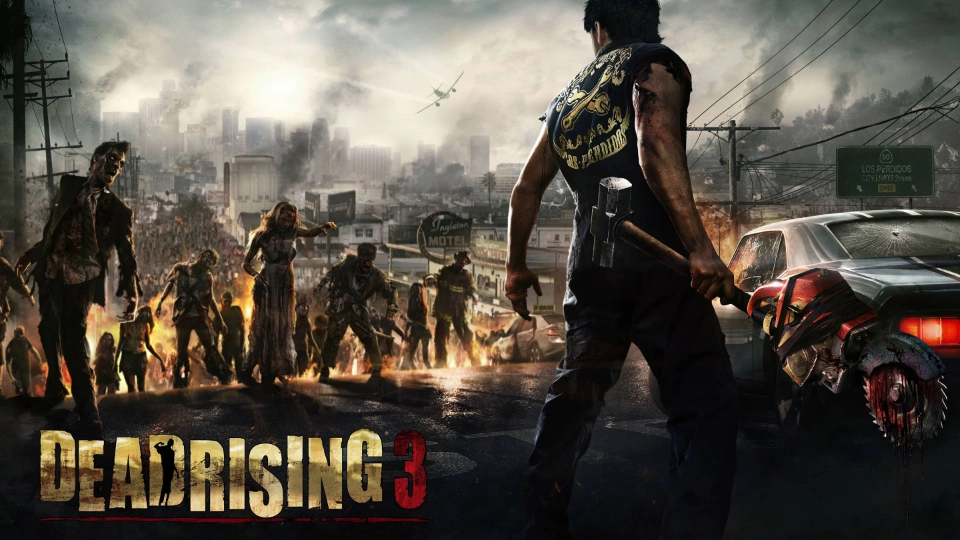
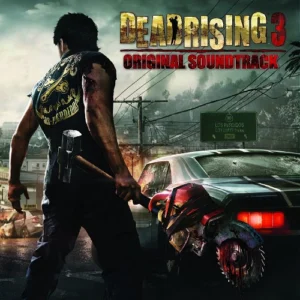
Dead Rising 3
Once again, few had probably expected this: Dead Rising 3 is one of those games that absolutely fly under my radar, but whose score surprised me all the more positively. The highlight here is Wrath Battle, das mit seinem unerwartet schrillen Einstieg direkt die Alarmglocken aufheulen lässt. Es folgt ein Offbeat, eine Unordnung, Chaos. Dann schlägt das Stück in einen ekstatischen Rave um, der auch auf einem The Prodigy-Konzert laufen könnte.
The drums, which create a tribal-like ferocity with whispered words, and then are suddenly replaced by techno beats, are so unconventional that they immediately hook me. I feel like I'm on something, even if it's just the music. And, inspired by the barking and growling (of dogs? of people? What are we hearing here?), I want to rip out the guts of some undead creature. A fighting track par excellence.
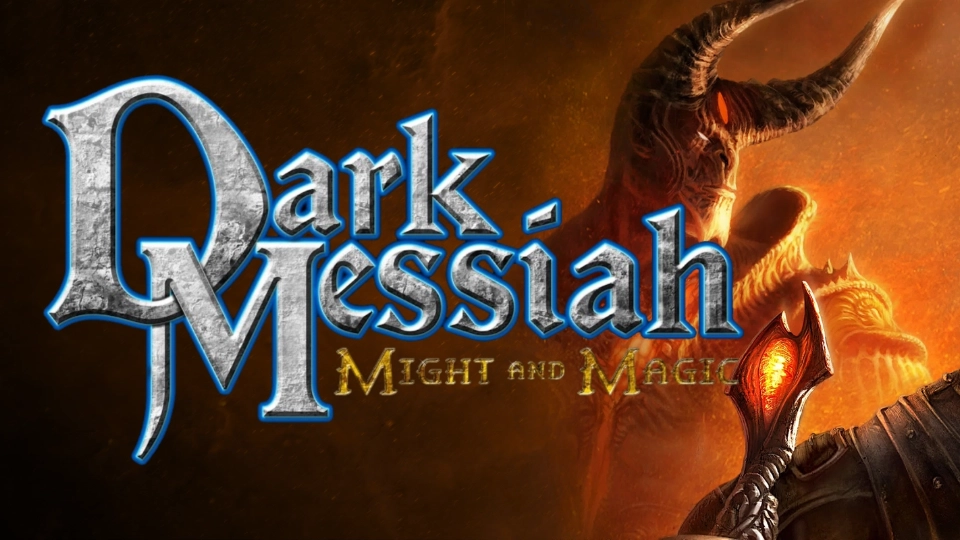
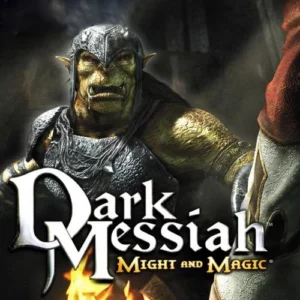
Dark Messiah of Might and Magic
As if I had planned this transition, we stay with the undead - but this time in the fantasy realm of Ashan and the first-person shooter variant of the Might and Magic-series, Dark Messiah. On the one hand, its dark world lives from the great graphics at the time and the various locations, some of which made my jaw drop back then.
The other factor was the music by Sascha Dikiciyan and Cris Velasco. Rarely has a 'first-person shooter' with sword and bow achieved this dense atmosphere, and hardly any track misses the mark. For me, the best fighting track on this score is "Avatar of the Goddess". As with Avatar of the Goddess. As with BioShock we experience some thriller elements, but here with less horror and more merciless action.
The strings that build up suspense despite the combat nature of the piece, the horns that race us forward, the percussions that relentlessly drum us into battle. Avatar of the Goddess lends gravitas to the carnage, oscillating between pursuit and persecution. One moment we think we have an idea of the situation as the next obstacle appears. A captivating experience that climbs to 16th place.
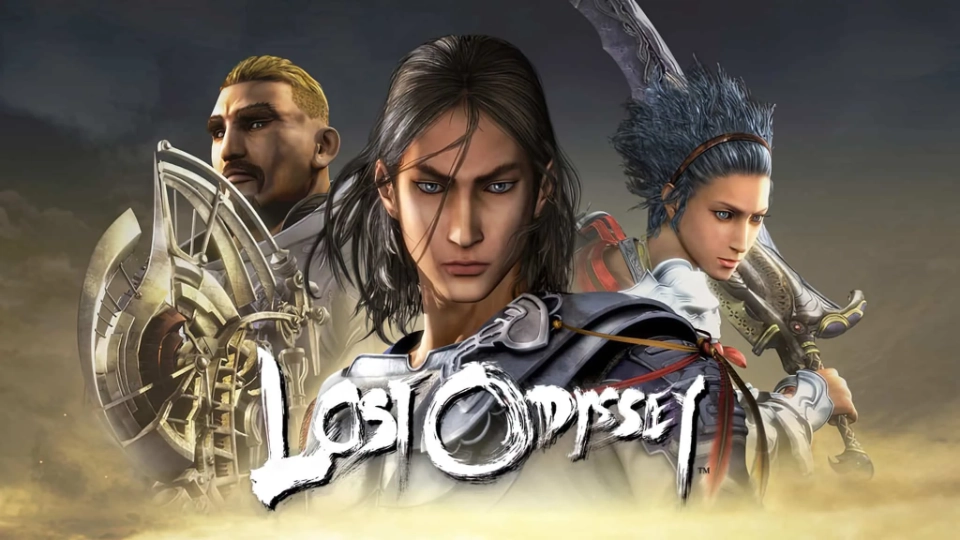
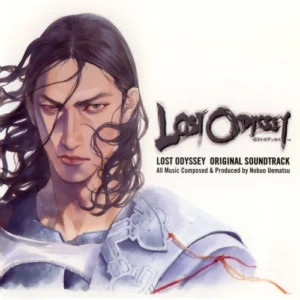
Lost Odyssey
We have already met Grand Master Nobuo Uematsu work for the Final Fantasy-series, just six ranks further up. In Lost Odyssey, which I honestly don't know anything about, he flexes his musical muscles in his unique way. The Gun Barrel Battle is an orchestral uproar with a beautiful melody. It's short, it's concise and exudes that familiar JRPG flair that always comes very close to making you roll your eyes but instead causes you to close them with pleasure. Now that's a good way to do battle.
Platz 14–3
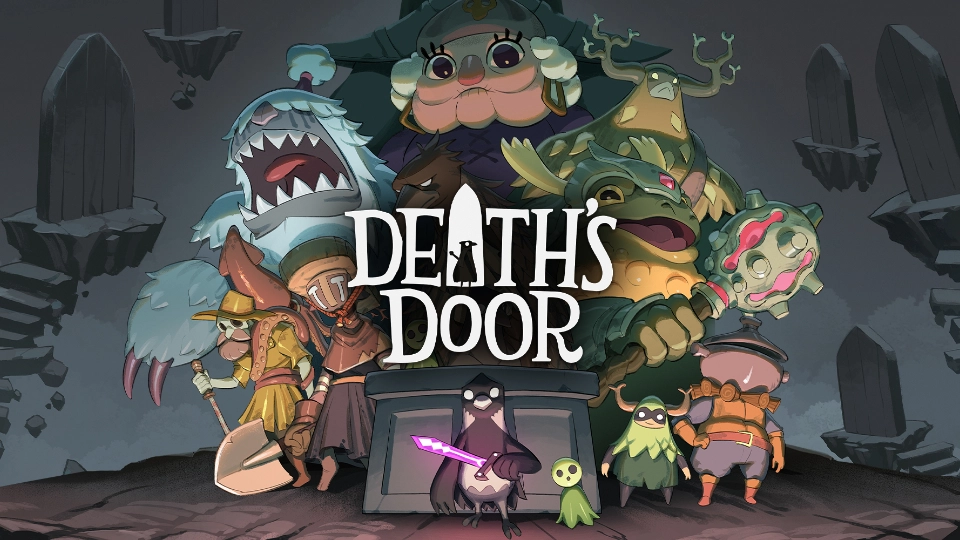
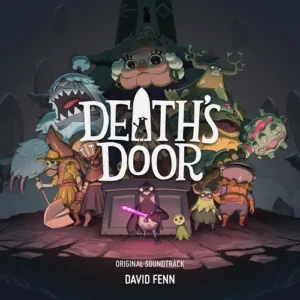
Death's Door
Avarice is both short also diverting. The piece, which for me is almost the highlight of the score to the indie soul-like Death’s Door combines all the virtues of a good combat track: it's fast, it's motivating, it's repetitive without being boring and it's varied enough without becoming too experimental.
What begins almost sweetly and seems to hold little promise quickly turns into an electric guitar-fueled orgy of action in just under three minutes. These blasting riffs, the interplay with the classical orchestral pieces - pretty much everything is just right here.
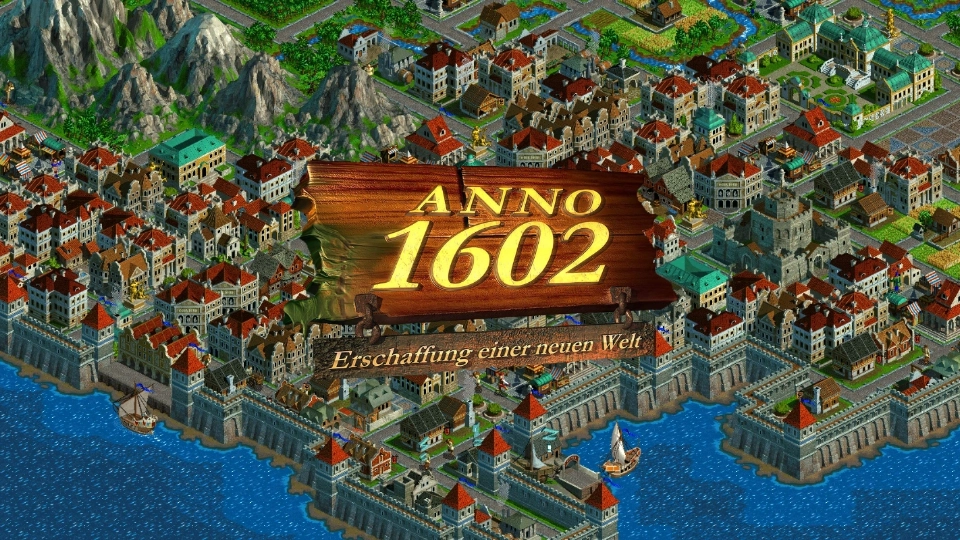
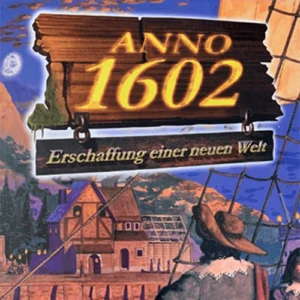
Anno 1602
Yes. Yes. Yes. These are the answers to the questions that everyone inevitably asks when he or she finds Anno 1602 in a top list of the best fighting tracks: Can a build-up game really have good fighting tracks? Does the score from the first game really outperform the numerous sequels? And does Mattis perhaps have a bit of nostalgia in his residual brain here?
But I can only emphasize again and again that this is my personal top list. In addition, I am almost 1000% sure that the music will be enjoyed by all players who played Anno 1602 back in their younger years, as it almost inevitably burned into our memories. The contrast to the peaceful bohemian music that accompanied us as we built up our island kingdom was too stark.
If, like me, you were in the process of carefully raising your first spice fields, you knew that a restart was imminent when one of the Fighttracks sounded. Because as soon as the AI, already two civilization levels ahead, unleashed its armada and army upon us, we could bid farewell to our safegame.
The death-promising 'Da da' of the piano, the dissonances, the rise of the strings and then the call to battle from the winds - Markus Pitzer was able to create a feeling of grim hopelessness in 1998 with limited technical means, which makes you feel as if you are in a Dark Souls -like boss fight. Just for a short time in this track we have the opportunity to take a deep breath, only to be caught up again by reality. For me, it's a journey into the past, a journey into failure, in which two short notes conjure up all doom.
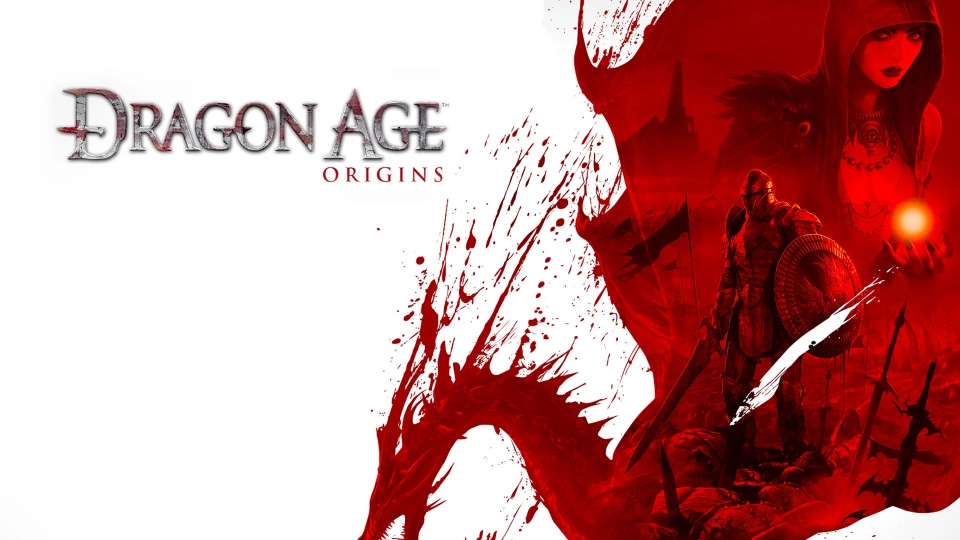
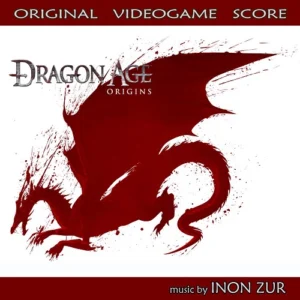
Dragon Age: Origins
The Battle of Lothering Village is about the battle for the town of the same name, which we prepare for the invasion during the story. The accompanying track takes just as long with a lengthy intro before things really get going: drums sound, trumpets screech before order is brought to the chaos. A melody emerges, accompanied by the ruckus of the orchestra. The positive note plays itself forward more and more clearly before briefly sinking, suppressed by the drums, and then, like a sunrise, the main theme is intoned with feeling and power - evoking memories of Howard Shore's compositions for the The Lord of the Rings-series.
This is what I wrote at the beginning of the year in my review of the Dragon Age: Origins-score and I'm sticking to it. It's beautiful, it's rousing, it's motivating.
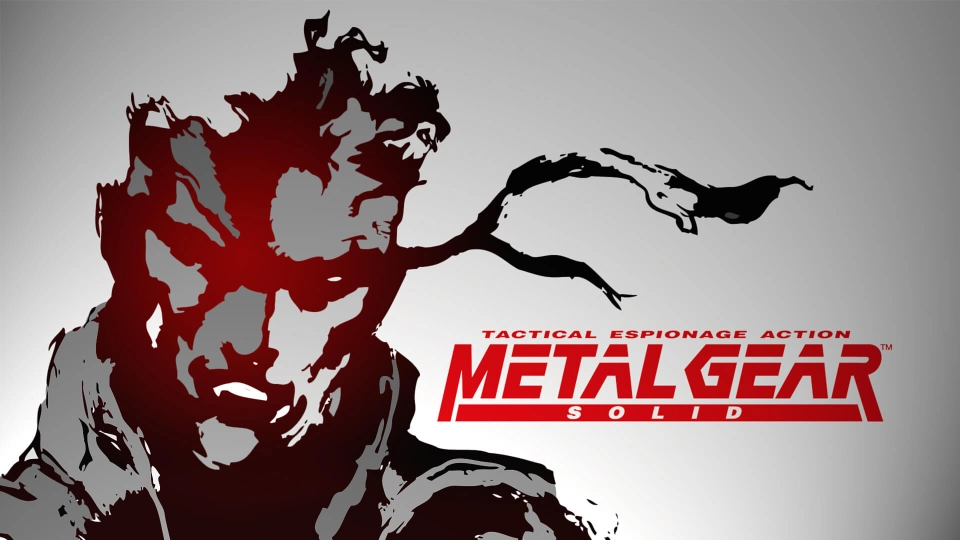
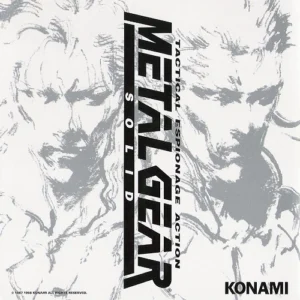
Metal Gear Solid
As we slowly approach the top 10 and enter nostalgia-ridden territory, Encounter from Metal Gear Solid stands out from the crowd like a beacon of consensus. The song is simply awesome. Not for nothing was it used in various other spin-offs and also found its fans in pop culture. Kazuki Muraoka raises the bar for gripping music without doing anything fundamentally different.
As with some of the aforementioned tracks, Encounter is quite repetitive and simple in structure. The fast, constant rhythm suggests tension, the heroic melody loosens up the piece like a pause for breath. As with Anno 1602 the low notes of the piano are the grounding element here too, contrasting with the high-pitched sounds of the PS1 sound chip. The result is an absolute fighting classic.
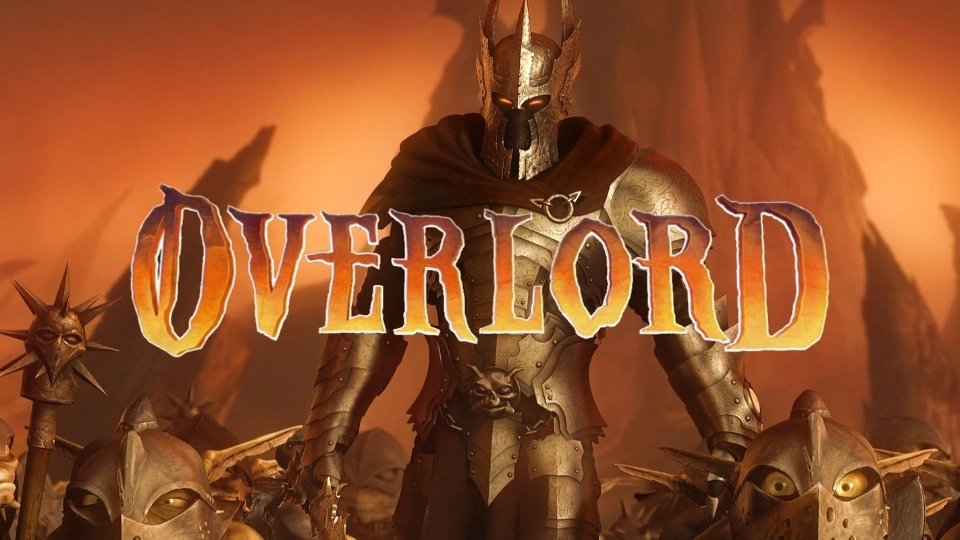
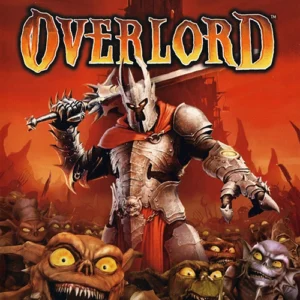
Overlord
The music from the final battle of the 2007 Overlord, takes the 'last' place in the top 10. While the game probably offers little worth playing from today's perspective, the soundtrack enchanted me then as it does now. For this boss battle, composer Michiel van den Bos serves us an orchestral fantasy extravaganza, garnished with a heroic epic and a sinister vinaigrette - because we are actually the baddy!
Jokes aside, I would no longer describe the track as an 'outstanding' work today, but in my opinion it is still worthy of a top list. Because for the mid-2000s, it was an absolutely contemporary piece that appropriately underscores the scope of the final confrontation.
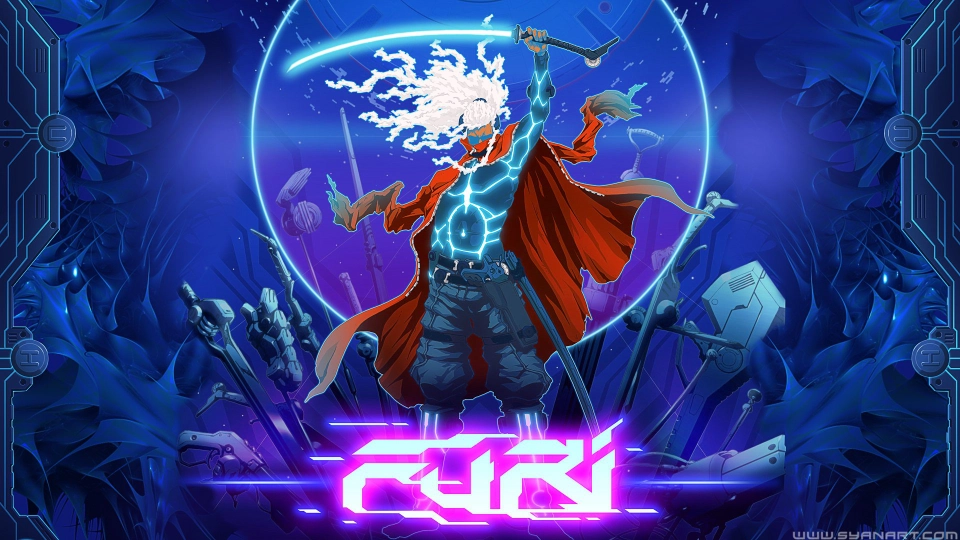
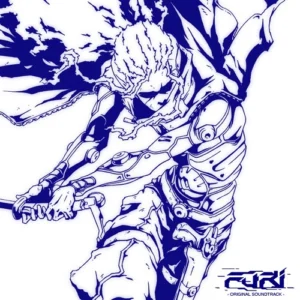
Furi
Despite the fact that the works of the five DJs on Furi fast durch die Bank knallen, sind es für mich die Stücke vom Künstler Danger (bürgerlich Franck Rivoire), die aus dieser Ballerbude herausstechen. Die Wahl für den Favoriten fiel hierbei auf 6:24. Der Track ist irritierenderweise nur 4:20 Min lang, weshalb sich hinter dem Titel irgendeine andere Bedeutung verstecken dürfte.
What awaits us musically is fighting music in a class of its own. The techno boom in combination with the powerful bass and fast beats creates an awesome pull that is hard to resist. This sets the score apart from the lower places further up in the text, such as The Rampager (Part 1) from Borderlands 3, which are also fun, but seem a little more generic.
In 6:24 on the other hand, we experience different stages of a fight: feeling each other out, exchanging blows, moving in and out, and attacking. You can't help but bob along to these lush sounds and punch someone in the face.
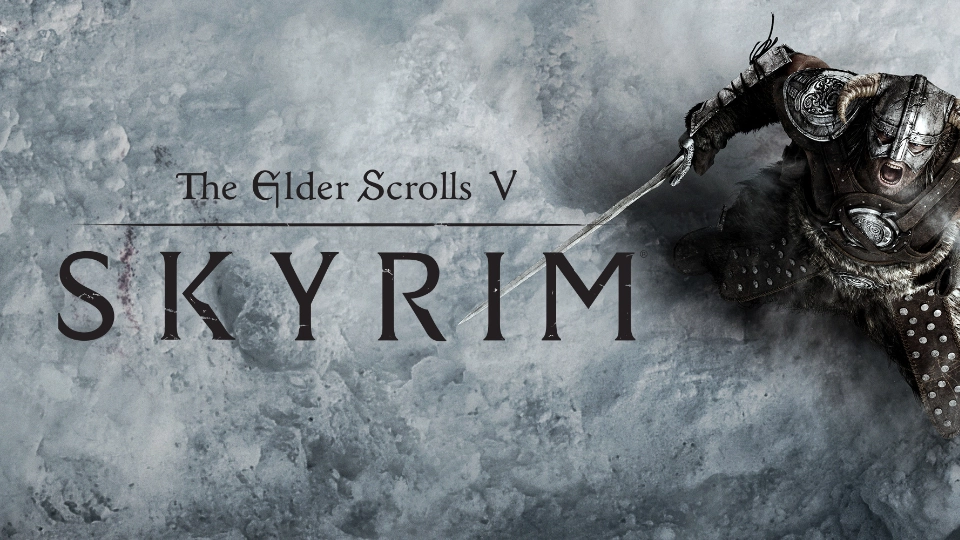
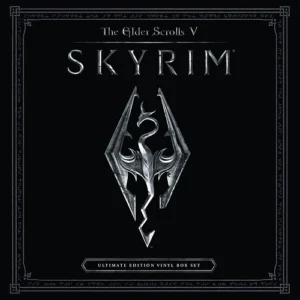
The Elder Scrolls V: Skyrim
You knew it had to be on this list. I knew it had to be on this list. And so it is: One They Fear, Jeremy Soule's magnum opus of the Elder Scrolls-series - at least as far as battle music is concerned - is probably the go-to song when it comes to gripping fantasy music with a slasher factor.
It's an adaptation of Skyrims announcement trailer that ramps up the epic factor of the main theme a few more notches. For many of those who saw the video for the first time in 2011 and listened to the Viking-like sounds, this might have seemed impossible. The track doesn't waste any time, but instead immediately blasts a male choir into our ears, heralding the chosen Dragonborn. "Hurray, hurray, hurray!"
Soule's familiar instrumentation of brass, percussion and strings is used again. Unlike many of his other fighting tracks, One They Fear, experiences a ripple effect, despite or perhaps because of its cinematic origins. After the dramatic introduction, we fall into a brief lull phase while a female singer angelically breaks out of the testosterone-soaked musical mosh. She flies over the action like a bird, while the men below continue the lyrics prayerfully before the music picks up again. This happens a second time before the saga continues, flares up again and we finally, finally, find our well-earned rest. The battle is over, the enemy defeated, and in our minds the camera pans from the fog-shrouded battlefield to the sky, towards Sovngarde. Just like in the trailer back then.
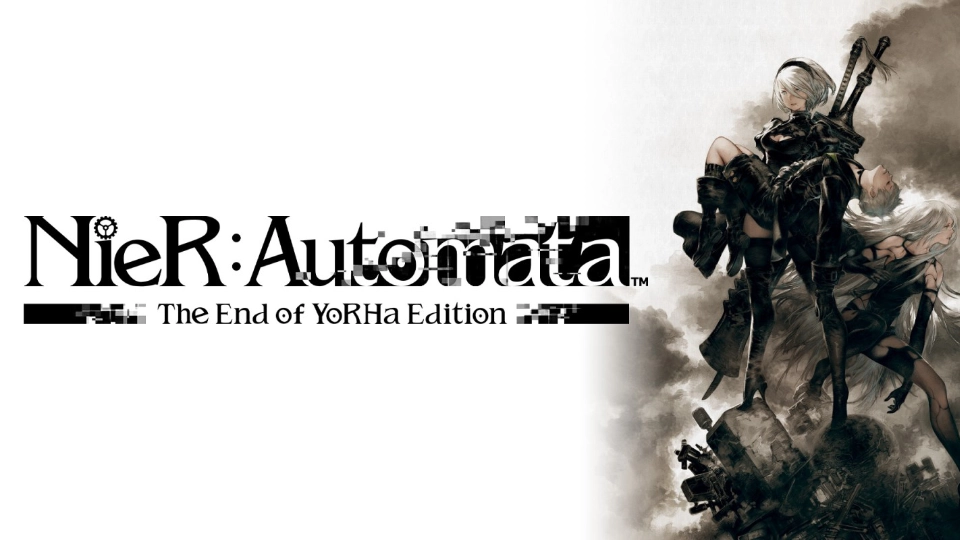
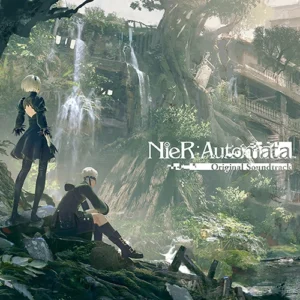
NieR: Automata
If I had a life with too much free time and was 12 years old again, I would probably have played NieR: Automata. The reviews are far too good, attributing its story eye-opening qualities, for me to pass it up. Now I'm 31, have a dog, a job, and a time-consuming hobby that leads to these lines. Meanwhile, my love of soundtracks also led me to Grandma / Destruction.
While the title promises confusing Japanese fuss, the track is very straight forward. Strings, choir and powerful percussion tick off all the boxes of a contemporary Final Fantasy-score. I particularly like the song for the reason that it so beautifully acousticizes the showdown of strength - is that how you say it?
I have the feeling that I'm watching (elemental) forces engaged in a fierce duel. This impression is reinforced by the choir, which does justice to the grandeur. You could almost interpret biblical proportions here, the battle between heaven and hell ... or simply take it for what it is: a very good fighting track.
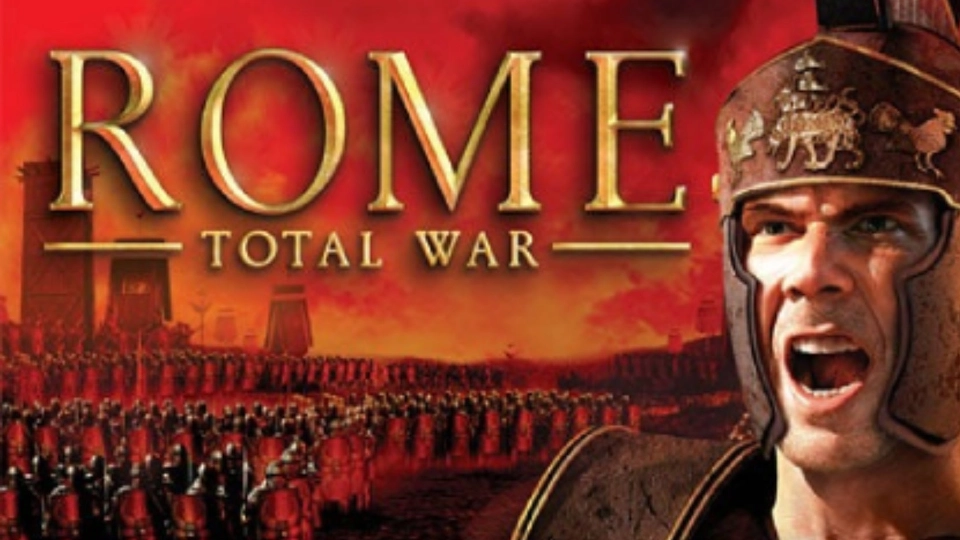
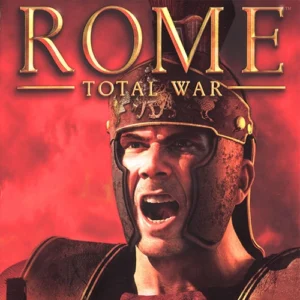
Rome: Total War
The War of Independence from Empire, Solenka from Medieval 2, Good Death from Shogun 2 – the Total War-series has absolutely no problem when it comes to producing great battle music. This made it all the more difficult for me to choose the best song. In the end, Soldier’s Chant, won because it tells the story of battle (preparation) from the perspective of an army like almost no other piece.
Like a fictitious marching song, the piece accompanies us on our way into battle right up to the clash. Drums set the pace, the music moves almost in step towards its climax. Soldier’s Chant is absolutely pathos-laden in its attempts to stylize and cultivate the violence that it accompanies. In his other pieces and albums, van Dyck also shows us the other sides of war, the suffering and the senselessness. This here is a hymn of praise, an anticipation. And therefore the perfect sixth place for this list.
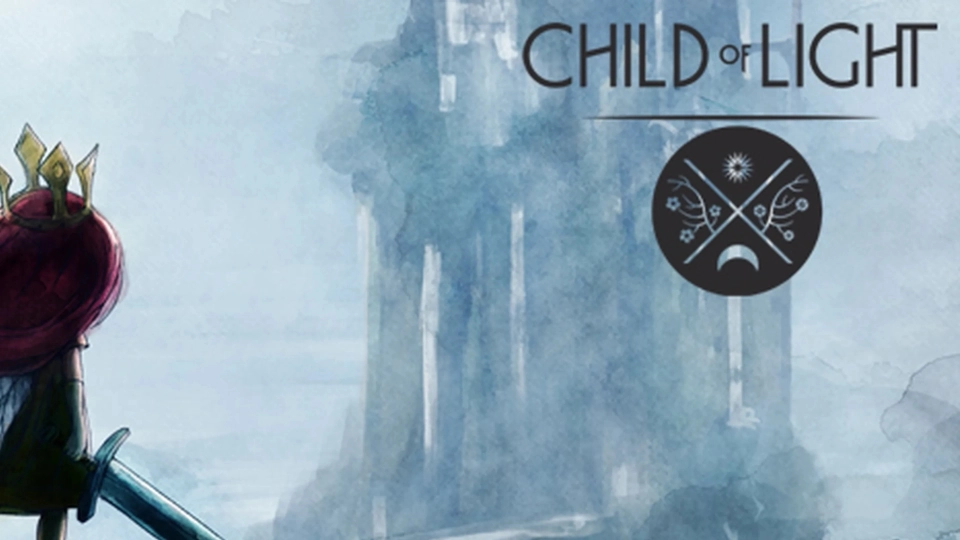
Child of Light
At the risk of turning this site into a Child of Lightcult site, I don't want to go into yet another rave. But for a fifth place, I simply have to say at least something. So I'll say this much: it should have been obvious by now that it makes sense checking out the tracks on this list - and Metal Gleamed in the Twilight in particular. After all, at first glance you wouldn't expect such a sweetly childlike game to have such a kick-ass score. To use my words from the accompanying review:
It just doesn't seem fitting, this orchestral bombast, this musical apotheosis of the little girl who stands up to the darkness. The instruments, the melodies, they compete and harmonize at the same time and form a soundscape that conjures up images of divine battles like an opera, beautiful and terrible.
Even beyond the combat theme of this list, Metal Gleamed in the Twilight is an absolute must-listen, but for the purposes of this list a well-deserved 5th place.
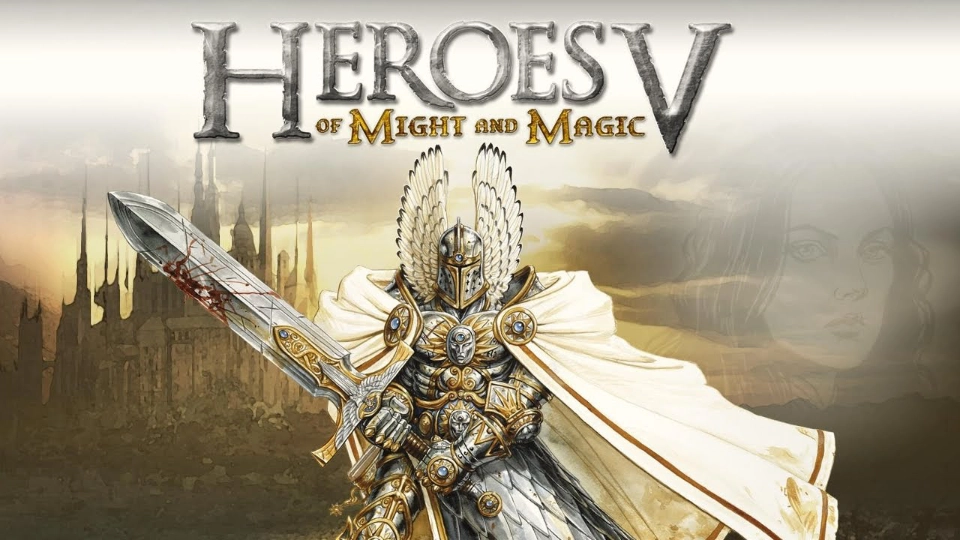
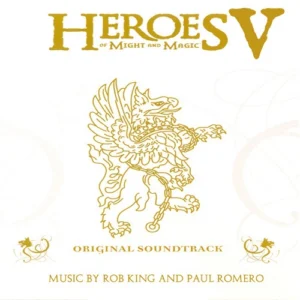
Heroes of Might and Magic V
Battle (Haven)[Alternate] is representative not only of the Heroes of Might and Magic-series, but especially of Heroes V, which in my opinion was both the best spin-off in general and the one with the most beautiful score in particular. It's no coincidence that pieces from it were also used in the sequels, although this was probably more due to money-saving reasons.
The reason why it's a representative track is that I could just as easily have featured pieces from the other factions and the sieges. Yet to my mind, Battle (Haven)[Alternate] captures the spirit of the score best and most succinctly. These wild drums, this arc of tension and the constant, brief pause, as if to see what our actions have achieved, is simply wonderful to listen to.
This musical chase is supported by the stately horns, which add depth and epicness to the battle. I love everything about this track!
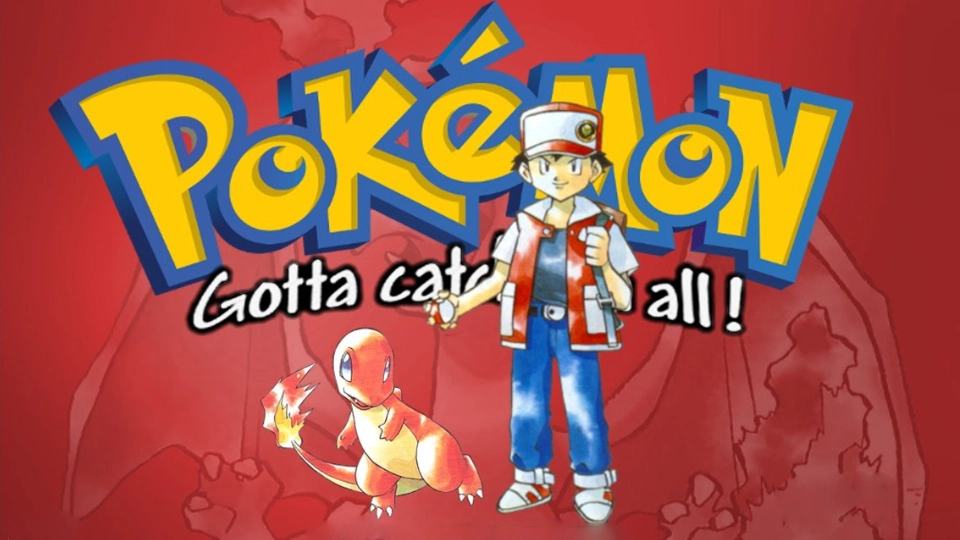
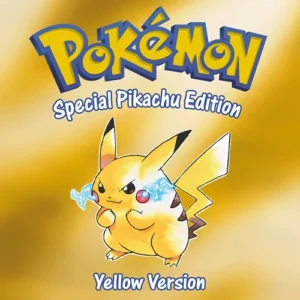
Pokémon
The sound of my and many other childhoods beeps out at us from the winner's podium at number 3. Everyone will undoubtedly be able to identify this piece, and by that I don't just mean to one of the first Pokémon-versions, but also to the precise moment when we hear it. Because every time we battled a trainer, we would hear the "Düdelüdüdüdüdüdüdüdüdum" while the screen turned black and we waited in anticipation for our opponent's team composition.
The beeping of the Gameboy sound chip, this almost laughable degree of spectacle for this children's game and the general charm of the composition make Battle vs. Trainer reappear in one form or another even today in its countless successors. A true classic that would probably be number 1 on this list in terms of recognizability if there weren't two other pieces that I find a little better.
Top 3
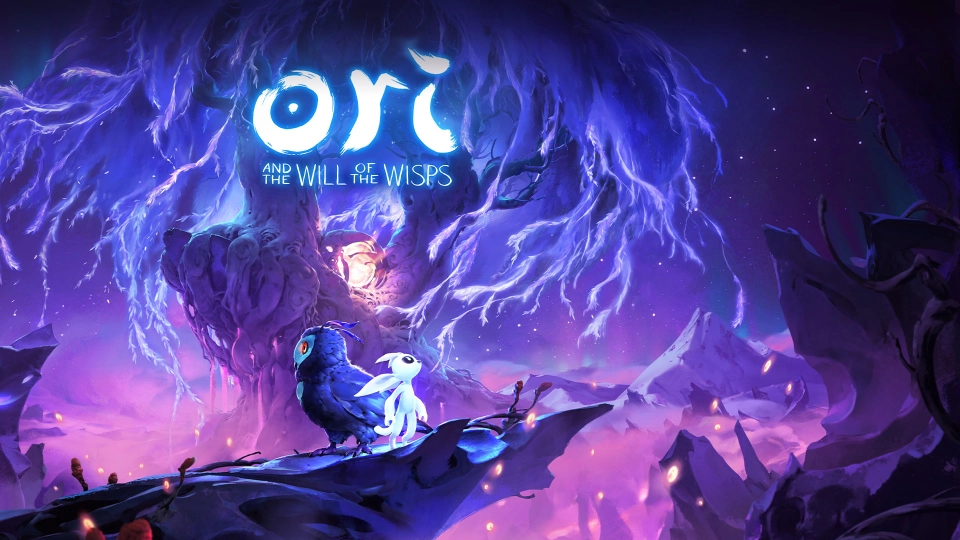
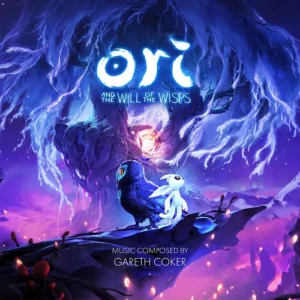
Ori and The Will of the Will of the Wisps
After Death’s Door , Ori and the Will of the Wisps is the most recent game on this list, so fortunately you can't accuse me of being nostalgic for second place! Shriek and Ori accompanies us through the final boss fight of the game and is simply gigantic. The orchestra roars through our ears like a hurricane, sometimes restrained, sometimes stormy and terrifying.
Gareth Coker has created a track that emphasizes the drama of the battle, the inevitability. Although it sounds heroic in places, even triumphant in others, it also resonates with a great deal of regret. Shriek and Ori tells the story of a duel that could have been avoided. Now two forces of nature are facing each other, now both forces are unleashing their power and the result is both horrific and fascinating. At every second you want to know what happens next. Hope? Fear? Success? And then this wonderful main motif that flares up again and again. A masterpiece that only has to admit defeat to one piece.
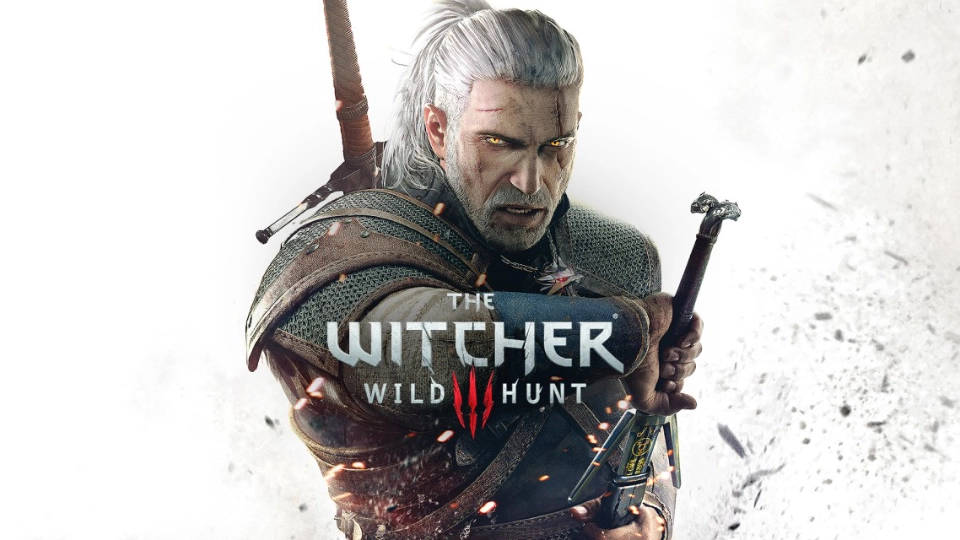
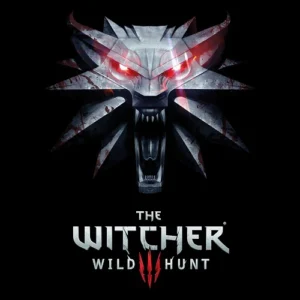
The Witcher 3
The number 1 spot on this list also comes from what I currently consider the best game of all time. Silver for Monsters… from The Witcher 3 is in its essence the primitiveness of combat, the archaic and the raw. The choice of instruments speaks to the primal creature in us, the cruelty that lies dormant beneath our civilized skin, just waiting to burst forth, freed from adrenaline.
The vocals seem like an ancestral choir that promises us the power of our forefathers. This lament, which arouses disgust and enthusiasm in equal measure, pays perfect tribute to the Witcher's battle with the various beasts and forces of nature, but also works apart from this. Silver for Monsters… is rousing, it grabs us by our instincts and channels them, directing our focus on the subject of our wrath.
This is also due to the fantastic use of percussion, which repeatedly summons us to battle, powerful and unavoidable. Marcin Przybyłowicz and Mikołaj Stroiński have created a piece for eternity here, which - at least in this list - remains unrivaled and therefore emerges as the winner of this little competition.
